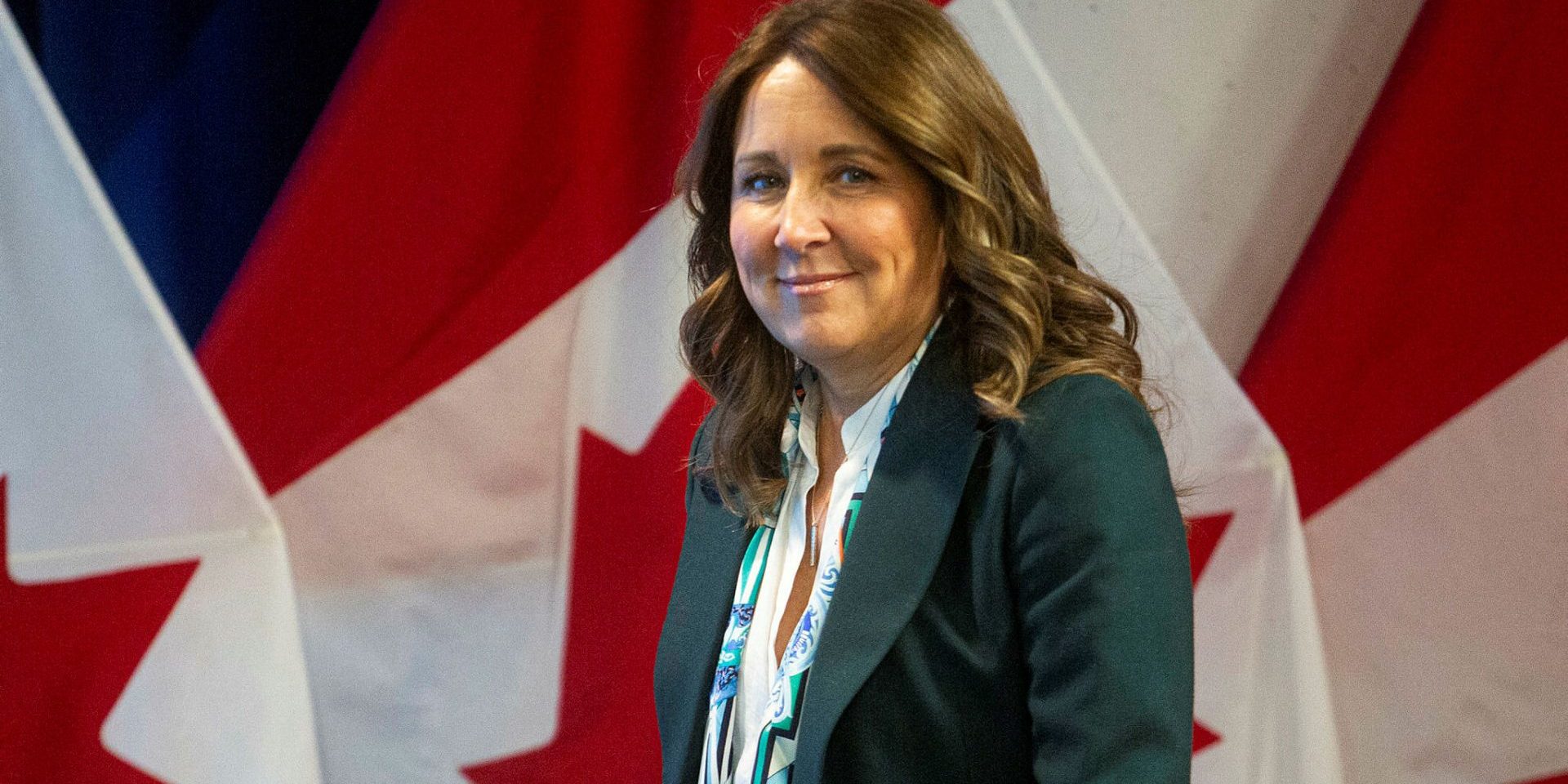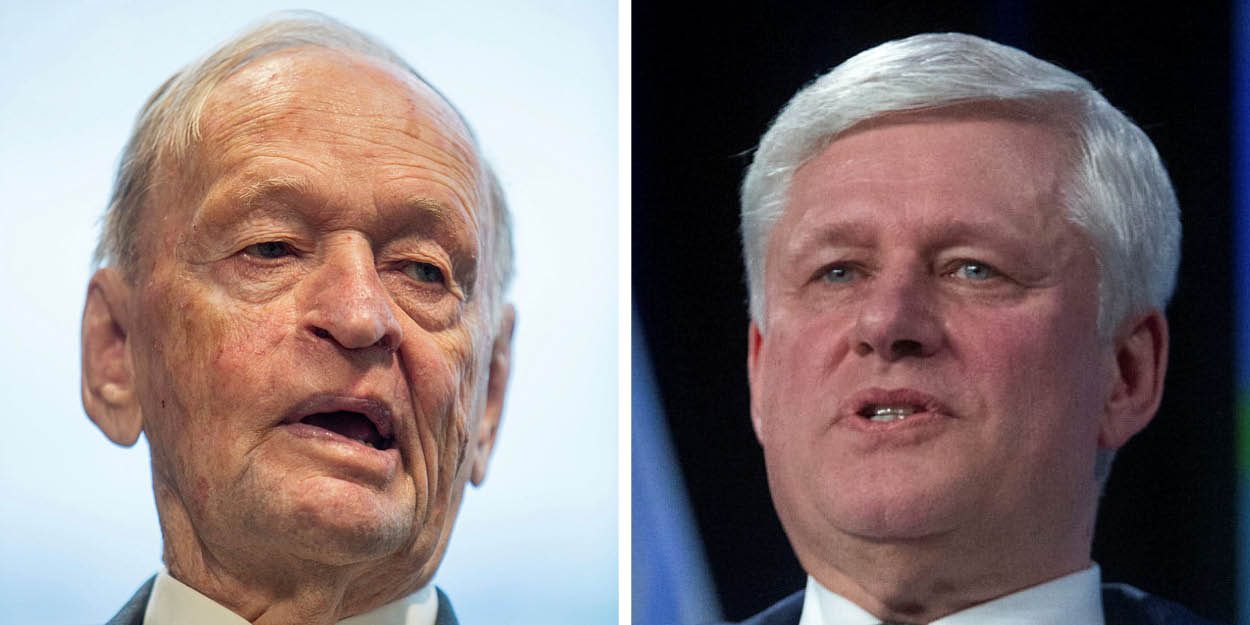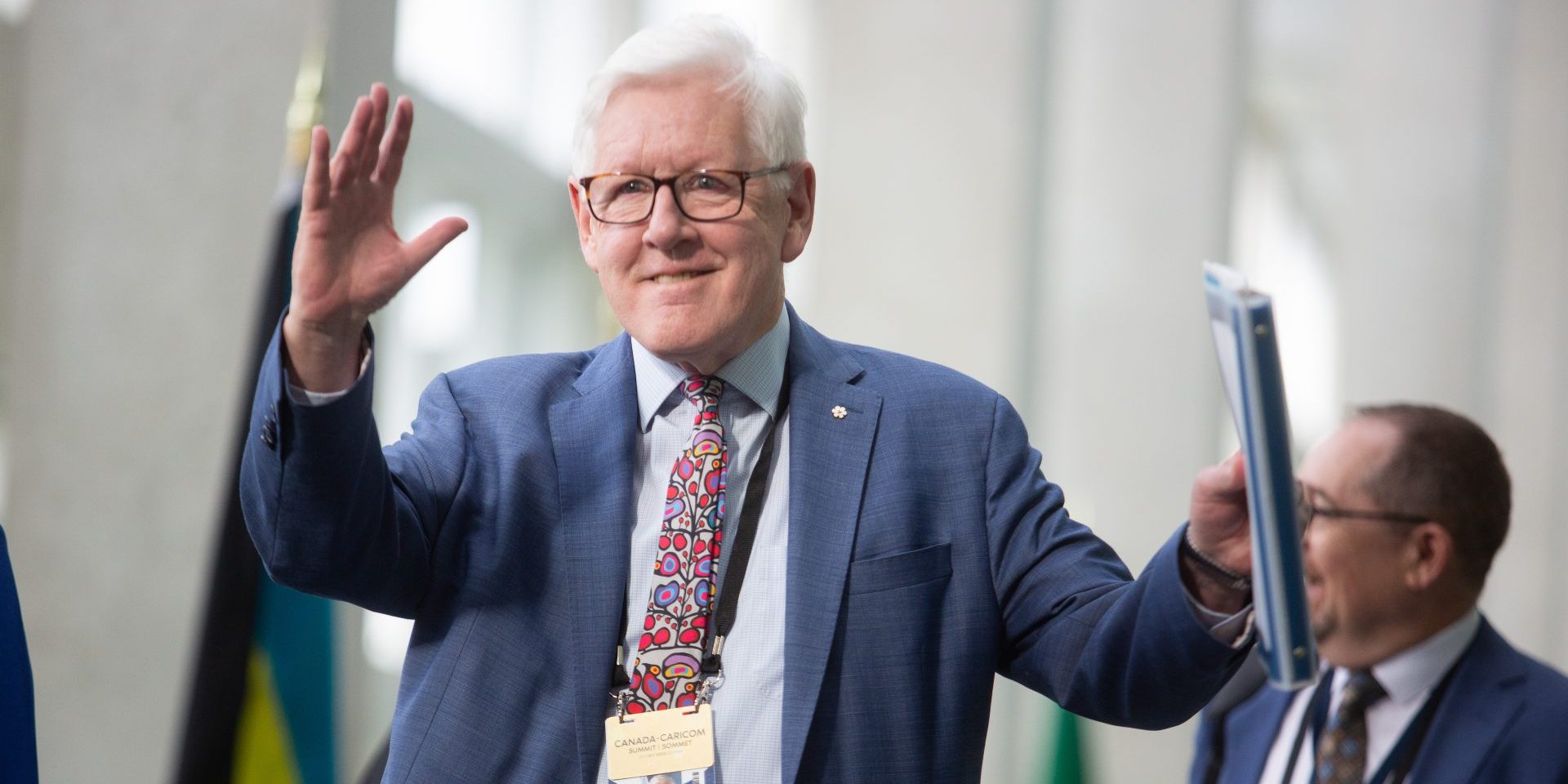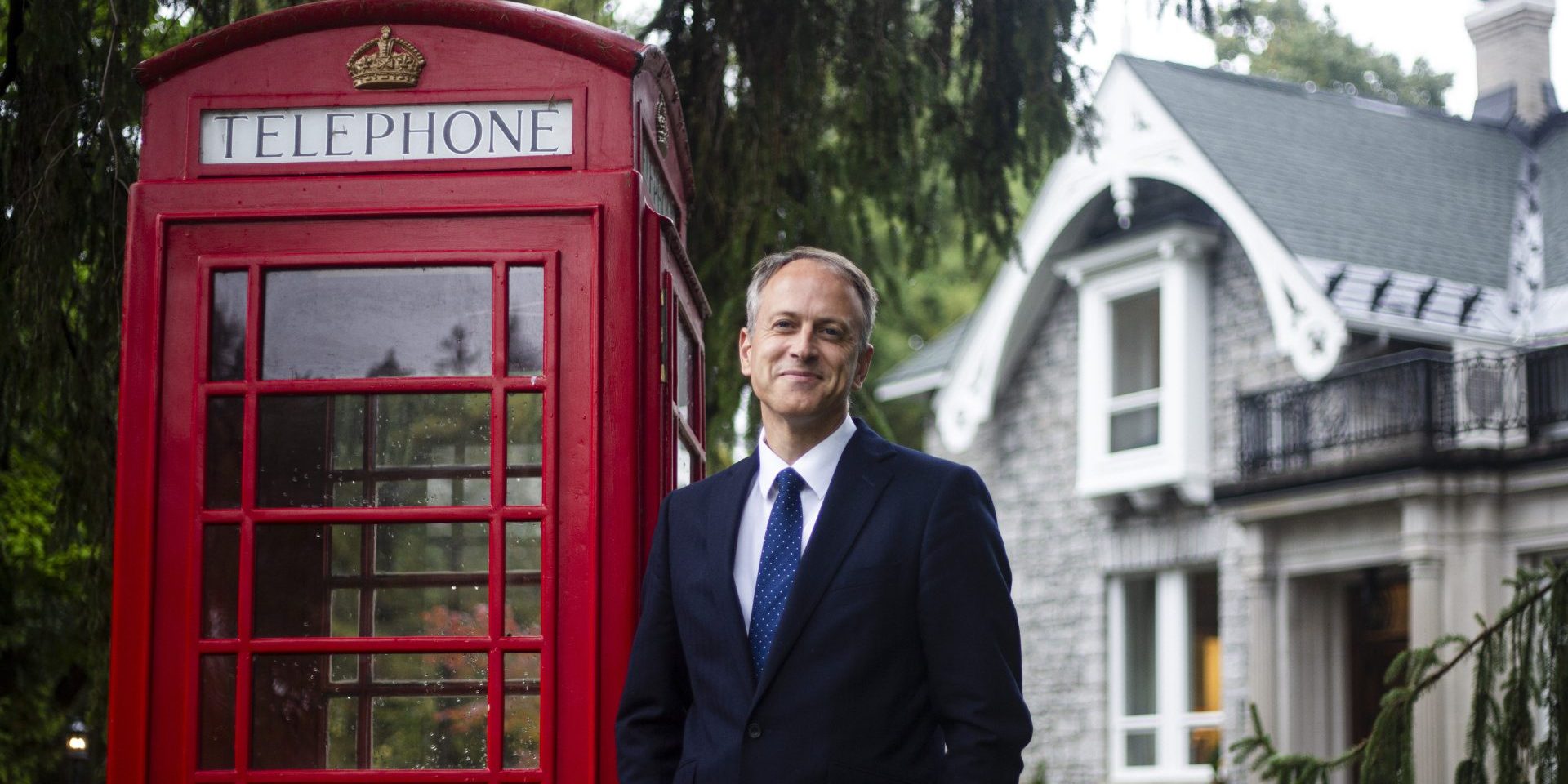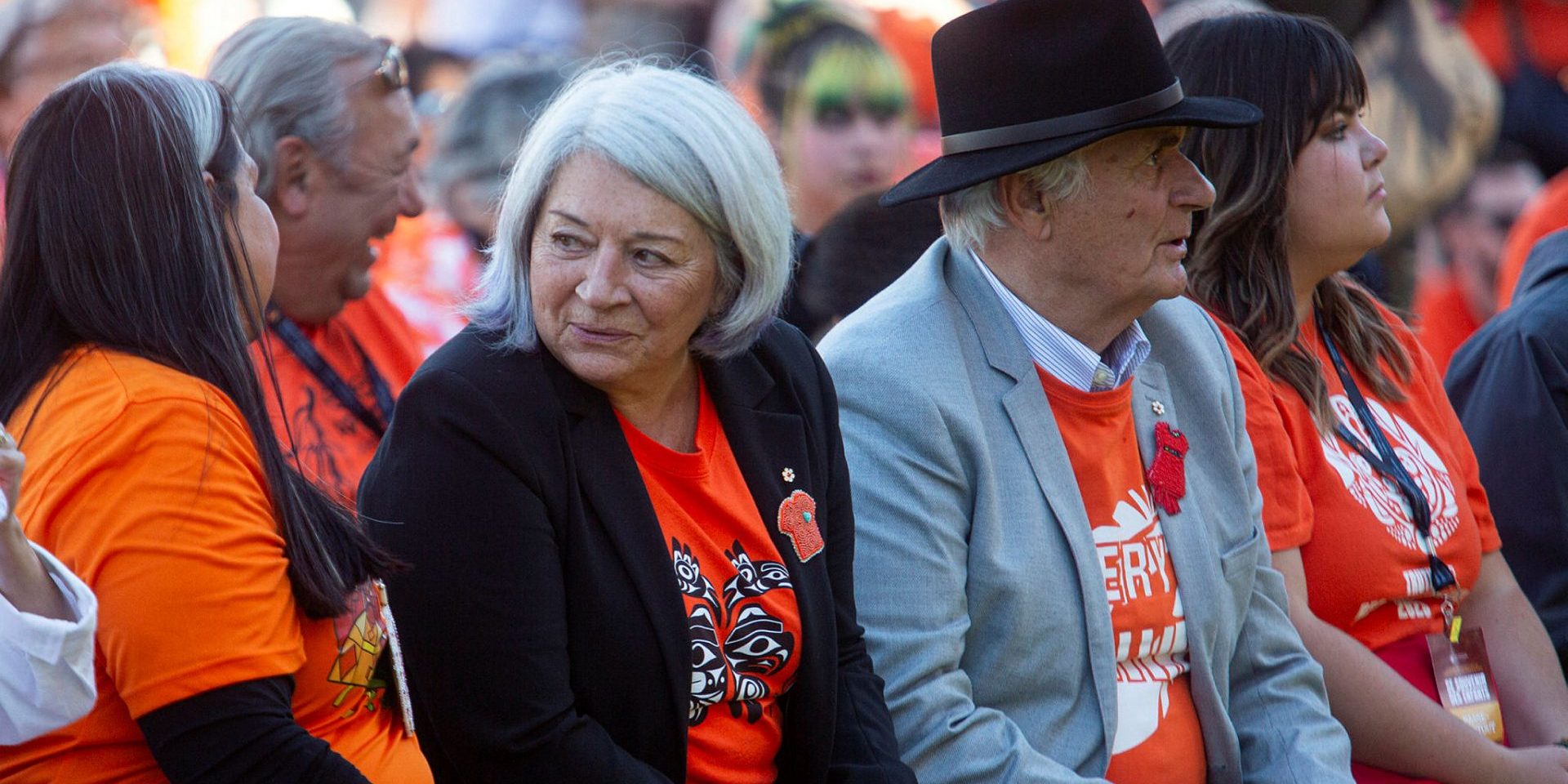A ‘more challenging and volatile’ world: Russia, China, U.S. top of mind for top 50 foreign policy influencers
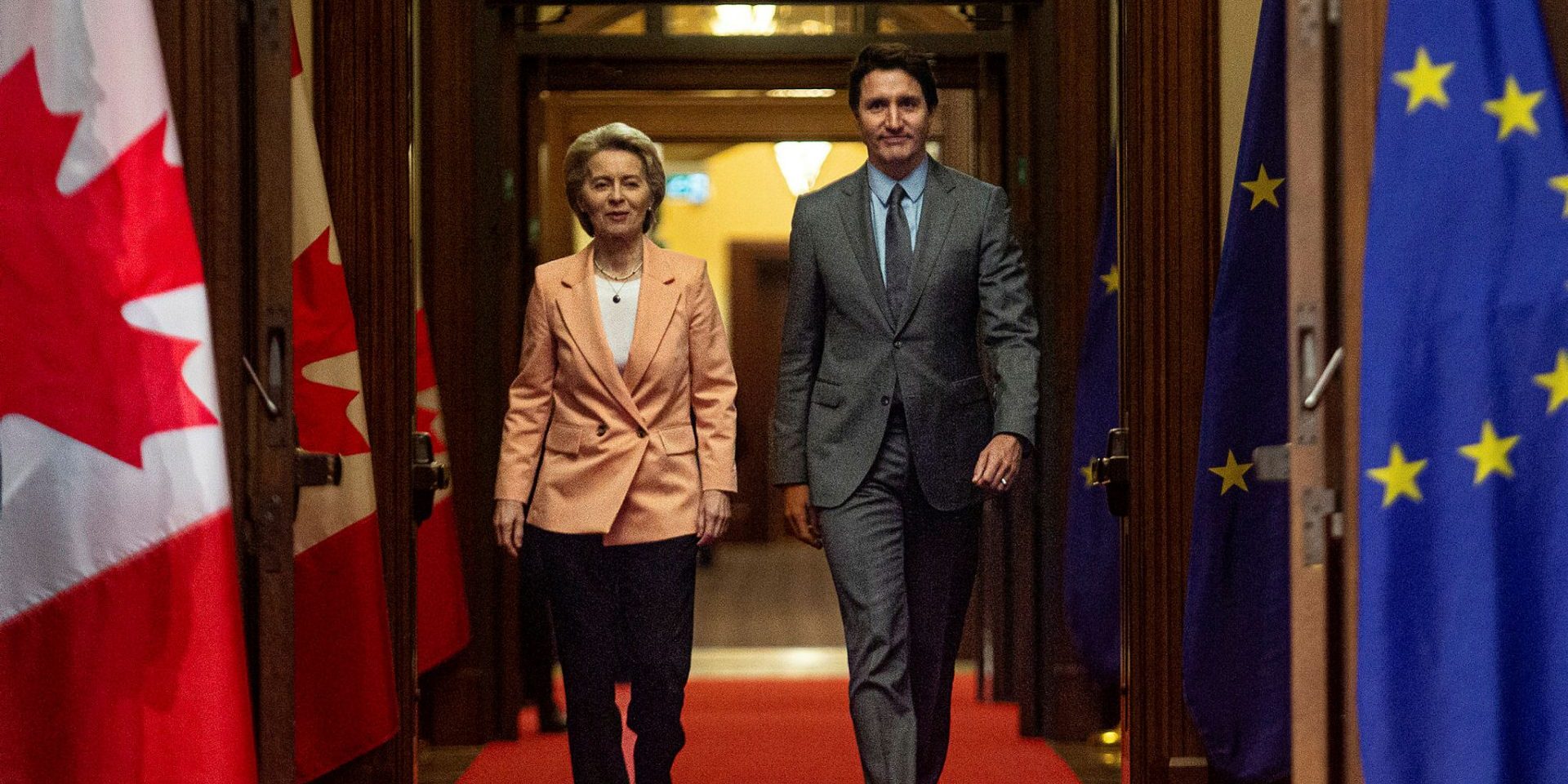
Canada’s place in a world of increased great-power competition is preoccupying the top 50 foreign policy decision-makers.
More than a year after Russia’s invasion of Ukraine, the federal government’s top foreign policy influencers remain focused on responding to the illiberal threat, with its far-reaching influence on Ottawa’s external affairs machinery.
Combating Beijing’s aggression continues to be a focus more than three months after Canada released its long-awaited Indo-Pacific strategy that designated China an “increasingly disruptive global power,” most recently in the headlines for its government’s attempts to interfere in the 2019 and 2021 Canadian elections.
But the ever-important relationship with the United States will always be the most important foreign policy file, as Ottawa continues to adapt to an increasingly protectionist Washington and the prospects of the 2024 presidential election don’t bring much hope for tranquility across the 49th parallel.
To compile the list, The Hill Times conducted interviews with around 15 senior government officials, former government officials, past diplomats, insiders, policy analysts, and stakeholders. Most of the interviews were conducted on background to ensure frankness as the majority of the sources The Hill Times spoke with work in government or closely with it.
With many nations looking to replace their energy supply from Russia, a handful of world leaders have turned to Ottawa, hoping Canada can play a prominent role in the solution. Critical minerals and liquefied natural gas have dominated those conversations, which has put a spotlight on Natural Resource Minister Jonathan Wilkinson, a newcomer to the list.
Central to those who have influence on Canada’s foreign policy—a list which includes bureaucrats David Morrison and John Hannaford, as well as ambassadors Kirsten Hillman and Ian McKay—is the trust they’ve built with Prime Minister Justin Trudeau and his leading adviser and chief of staff, Katie Telford.
The disordered world the top 50 must navigate is outlined in a June 2022 briefing note to then-Foreign Affairs deputy minister Marta Morgan, which notes that “Canada’s operating environment has become more challenging and volatile in recent years due to a challenging and less predictable international environment,” posing increased challenges for Canada as a middle power. Morrison, Morgan’s successor, is one of the top foreign policy minds the centre relies on to address those challenges.
The most noteworthy exclusion from the list this year is International Development Minister Harjit Sajjan. His influence is questioned, despite holding the biggest purse of all three of the Global Affairs cabinet ministers, because he isn’t engaged in consequential foreign policy conversations with the government outside of his files. “He has a big important portfolio, but I don’t see the influence,” said one senior government official. But one former official said Sajjan is still able to hold high-profile meetings around the world, beyond what a typical international development minister would have, because of the prestige of being a former defence minister.
Others who narrowly missed the list include Elise Wagner, policy director to International Trade Minister Mary Ng; University of Ottawa professor Thomas Juneau, an expert on the Middle East and national security; NDP foreign affairs critic Heather McPherson, one of the few non-cabinet Members of Parliament to travel to Ukraine since the Russian invasion; executive director of the Canadian Trade Office in Taipei Jim Nickel, Canada’s top diplomat in Taiwan; Canadian Global Affairs Institute president David Perry, an expert on defence procurement who leads one of Canada’s few think tanks; deputy minister of finance Michael Sabia; Communications Security Establishment chief Caroline Xavier; and Conservative MP Randy Hoback, who serves as Conservative Leader Pierre Poilievre’s adviser on Canada-U.S. relations. The Saskatchewan MP has deep links on Capitol Hill, which he built as a previous member of the executive on the Canada-U.S. Inter-Parliamentary Group, whose current co-chairs—Liberal MP John McKay and Conservative Senator Michael MacDonald—were also conspicuously absent as suggestions from government sources.
The list is presented by category in no specific order.
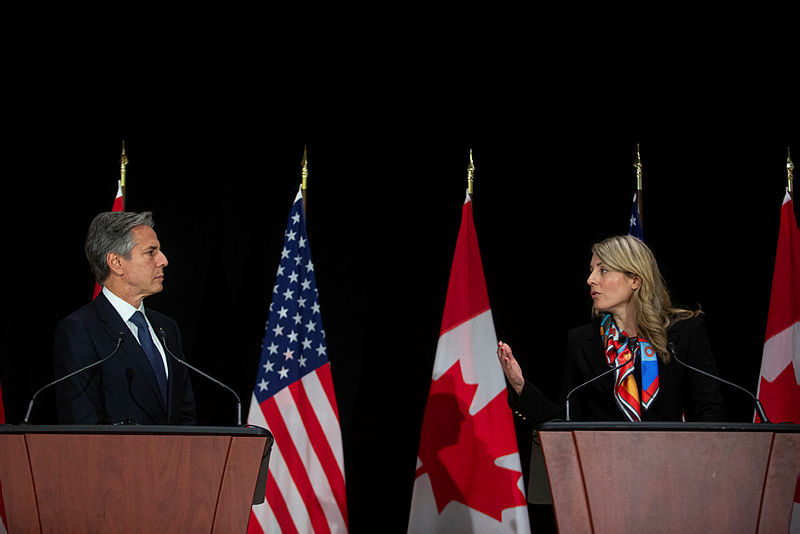
Politicians
Justin Trudeau, prime minister
Having the final say will always mean Justin Trudeau’s influence dominates Canada’s foreign policy as long as he is prime minister. While the international shine of his early years in power has long faded away, he has continued to be increasingly involved on the world stage, with trips to Europe, Africa, and Asia over the last 12 months, including an on-the-ground visit to war-torn Ukraine last May. Thirteen months into Russia’s invasion of Ukraine, the conflict is front and centre for Trudeau as well as Deputy Prime Minister Chrystia Freeland, according to a senior government official. Trudeau is the longest-serving leader on the G7, but it is yet to be seen whether the extended tenure will lead to a greater clout.
Chrystia Freeland, deputy prime minister and finance minister
As minister of finance, Chrystia Freeland may not be directly involved in foreign policy, but her role as deputy prime minister allows her to exercise her influence on that file behind the scenes, sources say. One source said they would rank Freeland above Foreign Minister Mélanie Joly, given her influence on key files, and her experience as a former foreign minister. Freeland maintains influence over the government’s cross-border relationships, given her work on the Canada-U.S.-Mexico Agreement. She has also been an influential advocate and ally for Ukraine as it battles Russia’s invasion. Freeland has delivered two of the “most significant foreign policy speeches that this government has given,” one source said, including one as finance minister at the Brookings Institute in Washington, D.C., in October 2022.
“They are the classic substantive speeches that you would expect of a prime minister or foreign minister,” the source said. “It’s certainly a harder-line speech than what I think Mr. Trudeau has ever given.”
Mélanie Joly, foreign affairs minister
Minister of Foreign Affairs Mélanie Joly is an obviously sensible inclusion on this list given her role. But she is also described as one of three “iron ladies” in the Liberal cabinet, alongside Freeland and Defence Minister Anita Anand. The three are engaged in a “dance” that has them collectively directing the course of Canada’s foreign policy.
One source said the dynamic between the three tends to be friendly and supportive. The source said things get tricky when there’s so much overlap, as it can be unclear who is driving which discussion, but tensions between them don’t appear to be too high.
Anita Anand, defence minister
Defence Minister Anita Anand has had two major roles in the government this year: navigating the military’s sexual misconduct allegations, and, in conjunction with Freeland, leading the charge on Canada’s military support of Ukraine—a front-of-mind issue on Canada’s foreign policy agenda.
Joly and Anand have been working together closely on the Ukraine file. The Venn diagram of their work overlaps quite a bit, as one source put it. Anand has performed well as defence minister, said another source, who interpreted some of her public speeches and remarks to be more highly vetted by the PMO than the remarks Freeland has made, for instance.
Mary Ng, international trade minister
A senior voice in cabinet who has the ear of Trudeau, Mary Ng’s schedule remains dominated by the Canada-U.S. relationship, as trade irritants continue to pop up. Ng has built close relationships with U.S. Trade Representative Katherine Tai and U.S. Trade Secretary Gina Raimondo, according to a senior government official. Flavio Volpe, the Automotive Parts Manufacturers’ Association president, called Ng “an honest broker” who can articulate the value of the Canada-U.S. partnership in a world of Beijing’s increased trade influence.
At the same time, Ng has been increasingly focused on the Indo-Pacific since the launch of Canada’s Asian strategy in late 2022. With Joly focused on Europe and the Ukrainian conflict, Ng has played a “complementary role” by being proactive and focusing on the Indo-Pacific, according to the senior source. Ng is trying to push forward trade talks with Indonesia, India, and the Association of Southeast Asian Nations. She is also working on the accession of the United Kingdom to Canada’s Pacific Rim trade deal, which the official said is “inches away” from being completed, as well as working on a bilateral trade deal with London.
François-Philippe Champagne, innovation, science, and industry minister
Often called Canada’s “salesman,” François-Philippe Champagne has been globe-trotting to attract investment to Canada. “He is focused on attracting foreign direct investment into those areas that the rest of the world is highly valuing right now,” a senior government source remarked, noting the minister’s work on electric vehicles, battery supply chain, and semiconductors. Most recently, Champagne worked on securing a Volkswagen battery plant in St. Thomas, Ont.
“On the foreign front he’s very comfortable in that space,” said a former government official. “He’s all over North Asia, Korea, and Japan.” The high-energy Champagne was previously a foreign affairs and international trade minister, and he has having private sector experience at multinational firms, which gives him a Rolodex that few can match.
Jonathan Wilkinson, natural resources minister
Canada’s environmental policy is driving its natural resources policy, which in turn is influencing its foreign policy, sources agree. That’s how Natural Resources Minister Jonathan Wilkinson finds himself with a higher-than-normal degree of influence on global affairs.
The development of Canada’s critical minerals industry is fast becoming a cornerstone of Canada’s trade and diplomacy talks, particularly with the U.S., as leaders look for alternatives to oil and gas—and specifically that coming from Russia. The latter was a driving factor in German Chancellor Olaf Scholz’s August 2022 visit to Canada.
Energy has “been a big component of Canadian international affairs in the last year,” said one expert source. “Whether or not we’re going to make commitments to allies to help out, like after the crisis in Ukraine, as well as where some of the country’s investment decisions are going, and a lot of them are into future energy supply.”
Robert Oliphant, parliamentary secretary to the foreign affairs minister
Serving as a parliamentary secretary for the last four foreign affairs ministers since 2019, Robert Oliphant has brought stability as Trudeau has frequently cycled top diplomats. He was sworn into the Privy Council in 2021, and was tasked by Joly to work on an African strategy, which he has more recently started calling an African foreign policy framework. That work has taken him on a number of trips across Africa and Europe over the last couple of years.
A hard worker behind the scenes who isn’t afraid to ruffle feathers, Oliphant has open channels with the PMO, as well as with Freeland, who value his view of the global stage. One source called him “cabinet material.”
Michael Chong, Conservative foreign affairs critic
When it comes to foreign policy, the influence of the Official Opposition is not found within its leader, Pierre Poilievre, sources agreed. Instead, certain Conservative MPs who have long demonstrated an interest and an understanding of Canada’s foreign policy, as MP Michael Chong has, are better situated to exert influence—particularly when it comes to certain issues they are particularly invested in. For Chong, his party’s foreign affairs critic, that area of expertise has been Asia and China.
“What he brings is his experience. He’s been doing this now, both as a cabinet minister in the Harper government, and as an MP, and he’s shown real interest in the file,” one source said.
James Bezan, Conservative defence critic
Conservative MP James Bezan was tapped to be on this list for his role as the Conservatives’ defence critic and vice-chair of the House Defence Committee. He is someone who is passionate about Canada’s support of Ukraine as well former Afghan interpreters, and he has been pushing the government behind the scenes to take action on both fronts. If there were to be a change in government anytime soon, one source said Bezan would very likely be the person tapped as defence minister.
Peter Boehm, Independent Senator
A former ambassador who has been a member of the Red Chamber since 2018, Peter Boehm chairs the Senate Committee on Foreign Affairs. The committee is in the middle of a review, initiated by Boehm, to determine whether Global Affairs is fit for service, which the department has indicated it will “actively participate” in.
He served as ambassador to Germany from 2008 to 2012 and was active during Scholz’s August trip to Canada. He also was deputy minister for international development prior to joining the Senate, as well as Trudeau’s past G7 sherpa, including during the chaotic 2018 G7 summit in Charlevoix, Que.
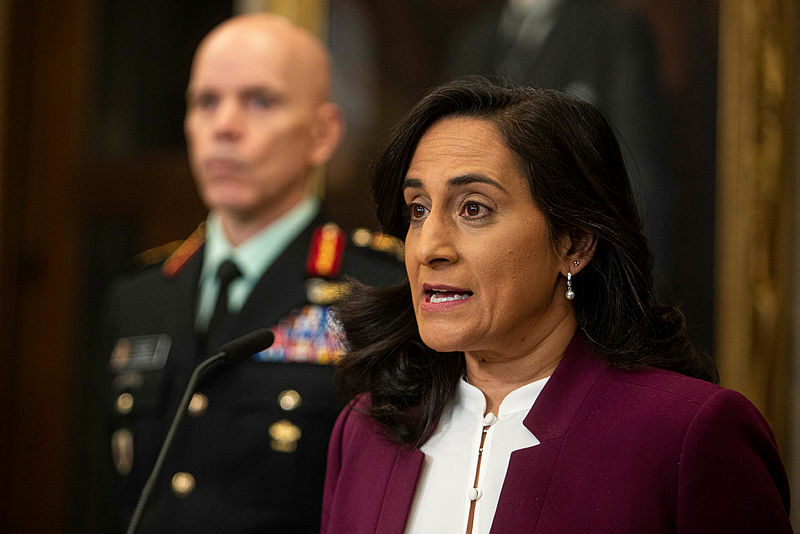
Political staffers
Katie Telford, PMO chief of staff
Trudeau’s long-time most-trusted aide, Katie Telford has been glued in on foreign policy issues from foreign visits to hot-button topics like Ukraine and Russia, according to a senior government source. The PMO chief of staff since the Liberals took power in 2015 has her eyes on all files that reach the prime minister’s desk. Former PMO staffer Simon Beauchemin said Telford, as well as her deputy Brian Clow, bring “institutional memory” to the foreign file. “They’ve been on the international circuit for years now. … It’s not their first rodeo,” he said.
Telford continues to be a crucial tool for stickhandling Canada-U.S. relations as she has the highest-level connections with the Biden administration, which includes the ability to call up National Security Adviser Jake Sullivan and White House Deputy Chief of Staff Jen O’Malley Dillon when needed.
Brian Clow, PMO deputy chief of staff
One of the most important foreign policy voices in the centre, Brian Clow has a deep understanding of the Canada-U.S. relationship, having been tasked with the file during the rocky NAFTA renegotiations. “He is always very involved on Canada-U.S. given his work on NAFTA and his deep connections,” said a senior government source. Fostering the Ottawa-Washington link, Clow works very closely with Canada’s Ambassador Kirsten Hillman. He has long had Trudeau’s ear on foreign affairs and that has only grown as his tenure has continued in the PMO. He also has a close relationship with Freeland as her former chief of staff when she was international trade minister.
“Brian Clow is the guy,” said Volpe, noting that he plays a crucial role on all things North American. “He was the most important person for us for the Three Amigos” Summit with Mexico and the U.S. He noted that Clow is also the point-person for large and small victories with the Biden administration, including on the fight to include Canada for an electric vehicle tax-credit in the U.S. Inflation Reduction Act.
Patrick Travers, PMO senior global affairs adviser
A veteran presence in the PMO, Patrick Travers is frequently spotted alongside Trudeau on international trips as the most senior staffer who is devoted to foreign affairs. “Patrick remains the single most influential voice on foreign policy in the Prime Minister’s Office,” said a senior government source. “He is the person the prime minister will turn to, he’s the person Katie [Telford] and Brian [Clow] will turn to.” Holding a PhD in international relations, Travers has past experience at the United Nations.
Like Telford and Clow, one academic said he brings “institutional memory and corporate knowledge,” which can “be really useful” for any government as he has been focused on foreign policy in the PMO since 2016.
Oz Jungic, PMO senior policy adviser
The No. 2 most senior staffer focused on foreign policy in the PMO, Oz Jungic was recently promoted, adding “senior” to his “policy adviser” title. Like Travers, Jungic holds a PhD from Oxford University. He is involved in all foreign policy discussions, but may have diminished influence because he lacks connections with Freeland. “He is not in Freeland’s circle and because he’s not in Freeland’s circle, Freeland’s people are somewhat dismissive of his influence. But I think that is incorrect,” a former official said, who called Jungic “quite effective.” One government source said Jungic is still figuring out how to be influential with his role.
Ben Chin, PMO senior adviser
A member of Trudeau’s inner circle, Ben Chin was actively involved in the Indo-Pacific strategy. “He was someone the PMO looked to for valuable insights into the region,” according to a senior government source, as he has deep connections in South Kora and tagged alongside Joly on a trip to Japan and Korea. Chin has been a senior adviser in the PMO since 2019 and was previously chief of staff to then-finance minister Bill Morneau.
Peter Wilkinson, chief of staff to the foreign affairs minister
An experienced hand brought to shore up Joly’s ministerial office in January, Peter Wilkinson brings private sector experience on the world stage to the Pearson Building. While new to diplomacy, Wilkinson brings oversized experience compared to a typical political staffer. He also has more real-world experience compared to what some Global Affairs officials bring to the table, according to a senior government source. Another senior official said he brings “instant credibility” given his resumé. “He is already instantly turned to for advice even though he is finding his way through Global Affairs,” the official added. Wilkinson was a former chief of staff to then-Ontario premier Dalton McGuinty and has since worked for Manulife Financial before rejoining the political world.
A former senior government official remarked that Wilkinson will have to tackle the political dimensions that overshadow responding to the Russian invasion, especially on sanctions. “[Joly’s] office has had major challenges. It’s on a better footing with Peter Wilkinson, but they have become so politically scared of the Ukraine issues and the sanctions issue,” the former official said. “They’re just running a bit scared of the UCC [Ukrainian Canadian Congress].”
Chantal Gagnon, deputy chief of staff to the foreign affairs minister
One of the most widely praised foreign policy voices by current and former government officials alike, Chantal Gagnon has past links to the PMO as well as the foreign affairs world. She has four years of experience in the PMO’s communications department, and as a former press secretary to then-foreign affairs minister Stéphane Dion, prior to joining Joly’s office as deputy chief in late 2021.
“She is helping to bring [Peter] Wilkinson up the learning curve [and] provide the link into the minister and the minister’s personality,” a former government official said. Another former official called her an “unmissable pillar” who is a “reliable” and “well-versed” reference for foreign policy in Joly’s office.
Taras Zalusky, chief of staff to the defence minister
Taras Zalusky only recently succeeded Mike Power as the chief of staff to Defence Minister Anita Anand when top staffers were shuffled around in February, and Power decided to take a step back from politics.
According to one source familiar with the defence file, Zalusky was tapped for the role because he is Ukrainian-Canadian, speaks Ukrainian, and used to run the Ukrainian Canadian Congress as its executive director, demonstrating the defence minister’s commitment to maintaining Ukraine as a front-of-mind issue.
Jason Easton, chief of staff to the international trade minister
A long-time partner with Ng, Jason Easton is the most senior chief of staff among the three Global Affairs ministers and brings to the role private sector experience in the auto industry. Easton has been Ng’s chief of staff since 2018 and ran her successful Markham–Thornhill, Ont., byelection campaign back in 2017. He is credited for approaching issues in a creative way and is someone that isn’t wary of clashing with the PMO.
“He’s probably the person among political staffers at Global Affairs who has the best stakeholder understanding as it relates to business, but also the interaction between business and civil society,” a former senior government official said. Volpe called Easton a “wise counsel” for Ng, who plays a useful role in the office with experience in the auto industry, an issue that has dominated Canada-U.S. trade over the last few years.
Civil servants
David Morrison, deputy minister for foreign affairs and G7 sherpa
“David Morrison is highly regarded by practitioners inside the department,” a former diplomat said. Morrison is the first deputy minister of foreign affairs since 2010 to arrive at the Pearson Building with diplomatic experience. He also has strong connections with Trudeau and Telford as he is in the room for all conversations involving G7 matters as the sherpa.
“He continues to be one of the most trusted voices for the prime minister and for Katie Telford on matters that are international,” said a senior government source, who remarked that Morrison has a “fantastic relationship” with everyone in the PMO’s senior staff. Morrison was previously the prime minister’s foreign and defence policy adviser from 2019 and 2022, and was the deputy minister for international trade prior to taking up his current post last October. He is also playing an important role pushing along the department’s foreign service review.
Jody Thomas, national security and intelligence adviser to the prime minister
As national security and intelligence adviser to the prime minister, Jody Thomas is one of the top civil servants in the country. And, according to sources, “she’s the real deal.”
“The more experience you have in these jobs, usually the more weight you have,” one source said, and Thomas has that experience. “I think, anything on foreign policy, the prime minister looks to her,” the source, a former Canadian diplomat, said. That source also said Thomas is well-regarded in the international community.
Prior to this role, Thomas was Canada’s commissioner of the Coast Guard and served as deputy minister of national defence.
John Hannaford, deputy minister for natural resources
John Hannaford brings previous foreign policy experience to his current post, having been the past deputy minister of trade, and the former foreign and defence policy adviser to the prime minister. He has the “trust and respect” of both Trudeau and his chief of staff Telford, according to two senior government officials. “As critical minerals have become so important to the international conversation, John Hannaford’s knowledge of foreign affairs and international trade are just the perfect match for the [Natural Resources Canada] portfolio that is increasingly prioritized,” one official said.
Bill Matthews, deputy minister for national defence
Partnering with Anand since the two were the top bureaucrat and minister at Public Services and Procurement Canada in 2019, Bill Matthews has developed a close relationship with his political boss. His experience is beneficial as the Canadian military is in the midst of a number of crucial procurements that will serve as the backbone for the Armed Forces for years to come. His influence may be diminished as defence has taken a backseat among the government’s foreign policy priorities recently, remarked an academic, who noted that Matthews is a solid manager without too much flair.
Wayne Eyre, chief of the defence staff
Canada’s top soldier since 2021, General Wayne Eyre has attempted to provide stability among the leadership of the Armed Forces amid a sexual misconduct crisis. A former commander of the Canadian Army, Eyre has raised a warning flag regarding recruiting and preparedness concerns for the Armed Forces operating in an increasingly precarious world. He is somebody who the U.S. turns to as those in the Pentagon feel more comfortable working with soldiers than civilians.
Rob Stewart, deputy minister for international trade
A new arrival to Global Affairs, Rob Stewart was previously the deputy minister of public safety. He has trade experience, as well as a G7 background, at Finance Canada where he spent most of his civil-service career. A senior government source pointed to Stewart’s “hugely valuable” resumé as having great benefit in his new role given the added trade focus on national security considerations, as well as Ng’s broader portfolio that includes economic development. He’s noted as being knowledgeable and hard working, but also someone who can be abrasive to deal with, which doesn’t always win him friends.
Janice Charette, clerk of the Privy Council and secretary to the cabinet
Janice Charette was officially appointed by Prime Minister Justin Trudeau to be the Clerk of the Privy Council and Secretary to the Cabinet in May 2022, but she’s not new to the role, having originally been appointed by former prime minister Stephen Harper in 2014. She spent the intervening years as Canada’s high commissioner to the United Kingdom in 2016. Now, she brings that diplomatic experience to her role co-ordinating foreign policy responses in Canada’s bureaucracy.
David Vigneault, CSIS director
Even without speculation in media reports about CSIS intelligence on China’s interference in Canadian elections, David Vigneault would still hold a place on the list, given the foreign intelligence his agency is responsible for collecting, and the potential that intel has to sway foreign policy. But reports of CSIS providing briefings to senior staff in the PMO, and potential leaks from within the agency, have put Vigneault at the forefront of a secret agency with a public problem on its hands.
Cindy Termorshuizen, associate deputy minister for foreign affairs
Following Marta Morgan’s retirement, Cindy Termorshuizen was tasked with filling in as the top bureaucrat in the Pearson Building before Morrison took the full-time job. She has an extensive background dealing with China, as well as most recently serving as the assistant deputy minister for consular, security, and emergency management. “She’s a real Sinologist who has worked in China and gets China. There’s not enough of that in the department,” said a former government official. She was the deputy head of mission at Canada’s embassy in Beijing from 2015 to 2018, and before that was an executive director for the Greater China Division in the foreign service.
A former diplomat noted that Termorshuizen is “well respected” and someone that is “very knowledgeable.” Another former government official called her “a force” and “very strategic and very intelligent” working on “some of the toughest files.”
Jordan Zed, interim foreign and defence policy adviser to the prime minister
Although having diminished influence compared to full-time foreign and defence policy advisers to the prime minister, Jordan Zed retains clout as he is always by Trudeau’s side for foreign policy conversations, according to a senior government source. At the Privy Council Office, he reports to Jody Thomas. Zed, who has a legal background at Global Affairs, briefs Trudeau on all international files. Another senior official called Zed more of a “convener” than someone that holds influence at the moment. “While he’s in the room, I don’t see him influencing the room,” the source said.
Heidi Hulan, assistant deputy minister for international security and political director
With Joly holding an unprecedented number of meetings with U.S. Secretary of State Antony Blinken—12 last year, when usually the cabinet officials get together once or twice a year—Heidi Hulan is in weekly talks with her U.S. counterpart to help co-ordinate those meetings. Political directors among all G7 foreign ministries, with whom Hulan often interacts, are amongst the most senior and influential diplomats. Her other role as assistant deputy minister for international security means that Hulan is involved in discussions on Russia and Ukraine, Haiti, Iran, North Korea, and Taiwan. One academic noted that the role has greater influence as security issues have taken on a greater prominence on foreign policy. Hulan previously served as ambassador to Austria and representative to international organizations in Vienna.
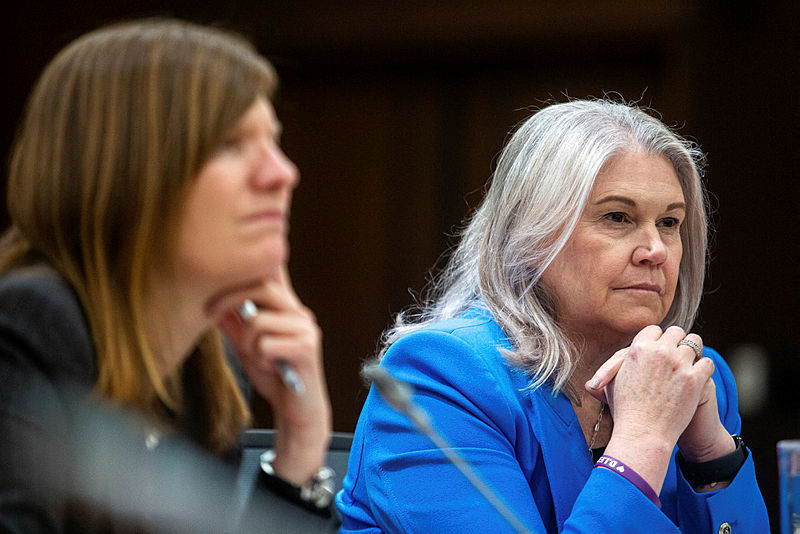
Diplomats
Kirsten Hillman, ambassador to the United States
“Ambassador Hillman is absolutely our best head of mission around the world,” said a senior government source. No matter who is in Washington, they will be influential due to the nature of the posting, but Kirsten Hillman has added clout due the trust placed in her by Trudeau and Telford. She has been posted in D.C. for nearly six years—first as a deputy ambassador before leading the mission in 2019. She is the first woman to hold the post and the first career diplomat since 2005. “Ambassador Hillman remains the most trusted voice amongst our heads of mission for senior PMO staff. She is very close with Katie Telford. She is very close with Brian Clow. And they are mere phone calls and text messages away at all times. It’s a very close alignment,” the senior source said.
“She’s got her finger on the pulse in Washington,” Volpe said, noting that Hillman understands “how and when” to play Canada’s hand in a city of many competing interests. She is noted for having deep connections at the executive level, on Capitol Hill, and in the U.S. military, including with influential Democratic Senator Amy Klobuchar.
Bob Rae, ambassador and permanent representative to the United Nations
Canada’s most outspoken ambassador, Bob Rae has brought fiery rhetoric to the floor of the UN General Assembly as he chastises the global authoritarian turn. “He is doing more in terms of public diplomacy than probably any ambassador,” said an academic, highlighting Rae’s public speeches and his Twitter presence. “He’s setting a template of what can work in terms of public diplomacy.”
Rae took up the reins at the UN shortly after Canada lost its push to win a temporary seat on the Security Council. While he lacks the tight-knit relationship that his predecessor Marc-André Blanchard had with Trudeau, he still is “highly respected,” according to a former diplomat. Rae is willing to push the agenda further than the government at times, but he is given that freedom due to his persona.
Ian McKay, ambassador to Japan
A former Liberal Party national director, Ian McKay was essential in the development of Canada’s Indo-Pacific strategy. He is an envoy that the government looks to for advice, according to a senior official. A former Hill staffer in the early 2000s, McKay has been posted to Tokyo since April 2021.
“Ian is [an ambassador] you’re going to see more and more of over this next year,” said another senior official, with the focus on the strategy and with Japan’s increasing interest in critical ministers. “He’s one we’re turning to more and more,” the source added.
Larisa Galadza, ambassador to Ukraine
Managing a mission in war-torn Ukraine forces Larisa Galadza not only to respond to the situation on the ground, but also ensure her staff’s safety. “Can you imagine the people management in the embassy in Ukraine? Just keeping your people safe. The kind of responsibility that involves. This woman deserves a medal,” said a former senior government official. Galadza, a past director general of the Peace and Stabilization Operations program at Global Affairs, started her Kyiv posting in 2019. She has helped organize a series of cabinet visits to Ukraine, including Trudeau’s, while remaining one of more public-facing ambassadors in Canada’s foreign service.
Ailish Campbell, ambassador to the European Union
Holding office in Brussels since 2020, Campbell heads a diplomatic mission with crucial geopolitical and international trade implications for Canada. A former chief trade commissioner, she has built links throughout the government and the Canadian private sector. Campbell was by Trudeau’s side as EU Commission President Ursula von der Leyen visited Ottawa earlier this month. In Brussels, behind-the-scenes conversations have led to uniformity in the West’s approach to Russia’s invasion of Ukraine.
Jennifer May, ambassador to China
While Canada’s current Ambassador to China Jennifer May is a pro, sources say they’re not sure how much influence she has in China at the moment. “I’m not sure how many meetings they’re getting,” one source said. That said, the government’s relationship with China does have an outsized influence on its foreign policy direction, certainly as far as it tends to like to stay in lock-step with the United States in that region. The government’s latest appointment to the post is a career public servant, and while she doesn’t bring a flashy name or big reputation to the role, she does bring a heck of a lot of expertise, which some sources say is exactly what’s needed.
Others say it is too early to assess her influence. “She has a difficult task of following a couple of political appointees,” a senior official said. “She could be very influential by the nature of the role, but she’s very new and I’ve seen shakiness in terms of the advice—a little bit of insecurity in terms of the position.”
Jacqueline O’Neill, ambassador for Women, Peace, and Security
Spearheading Canada’s feminist foreign policy, Jacqueline O’Neill has entrenched her sway as her post was extended for another term until 2025. She first took up the newly created position in 2019. “She’s very authoritative,” said a former senior government official. “She has a lot of credibility with experts and civil society.” The former official remarked that the renewed mandate was a demand from feminist civil society to keep her there. “It’s not just a government decision.” O’Neill is also in the process of rewriting the update to Canada’s next women, peace, and security plan, which puts her in the middle of a “really big and ambitious planning cycle,” the past official noted.
David Cohen, U.S. ambassador to Canada
The American ambassador is the most important foreign diplomat in Canada, according to a senior government official, and businessman David Cohen has held that role in Ottawa since 2021. Sources who know Cohen said he had a “bit of a learning curve” when he first arrived in Ottawa, but having been in the position for a little while now, seems like he’s up to speed. He’s not necessarily considered the strongest ambassador in town, and some officials wish he were a more “activist” ambassador who put up more of a fight to prevent the U.S. from neglecting Canada’s interests in areas like trade. But his proximity to U.S. President Joe Biden and other key American ministers means he is an essential player on both sides of the border.
Sabine Sparwasser, German ambassador to Canada
Germany’s Ambassador to Canada Sabine Sparwasser is well-known in the diplomatic community, having first come to Ottawa in 2002 as an exchange officer, before becoming the chargé d’affaires in 2003-2006. She went back to Berlin, before returning to Canada as the consul general in Toronto from 2009-2013. Finally, in 2017, she became Germany’s ambassador to Canada and has been here ever since. One source said “Germany is the most important country in Europe,” and Sparwasser embodies that role as “the best of the foreign diplomats in terms of her skill, and expertise, and competence,” and also the best network.
Susannah Goshko, U.K. high commissioner to Canada
Having links to senior members of the U.K. government, Susannah Goshko has made fans in Canada since she started her post in 2021. She was the principal private secretary to then-foreign secretary Dominic Raab, now the British deputy prime minister. “She has just a very good radar of when to insert herself, when to be helpful, when to be candid,” a senior government source said. Throughout her diplomatic career, she has focused on national security and the Americas, among other policy areas. One academic called her “extremely smart,” and someone who is “really effective at messaging and networking.”
Yulia Kovaliv, Ukrainian ambassador to Canada
Ukrainian Ambassador to Canada Yulia Kovaliv is a very influential head of mission in Ottawa given her country’s great need for aid from Canada.
“Ukraine has such an outsized influence” on Canadian foreign policy, defence policy, and even Canadian immigration policy at the moment, expert observers noted.
Kovaliv, who previously served in various positions in the Ukrainian government, including as deputy head of the office of the president of Ukraine, was appointed ambassador to Canada in 2022.
One former minister said they had spoken at length with Kovaliv. “She’s very bright, very knowledgeable, and I think has a good political sense as well. She’s in a very tough position being an ambassador for a country that’s at war, and … frankly, I think she’s done a pretty spectacular job,” they said.
Kanji Yamanouchi, Japanese ambassador to Canada
Lacking the tenure in Ottawa of some of the other influential envoys, Kanji Yamanouchi brings a cultural diplomacy to his work through music. The former Japanese consul general in New York has played the Canadian and U.S. national anthem on his guitar at a local baseball game. After starting his post last June, Yamanouchi has made a remarkably quick impact as he builds links to a number of cabinet ministers, including orchestrating Japanese Prime Minister Fumio Kishida’s visit to Canada with one week’s notice at the beginning of 2023. As Japan holds the G7 presidency, his influence will continue to be felt as his stay in Ottawa extends.
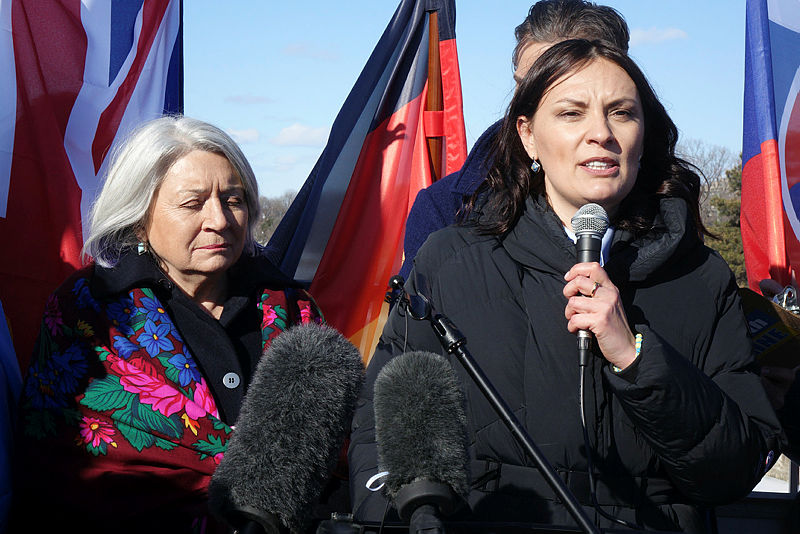
Civil society and others
Alexandra Chyczij/Ihor Michalchyshyn, president and CEO of the Ukrainian Canadian Congress
The leadership at the Ukrainian Canadian Congress, including its president Alexandra Chyczij and CEO Ihor Michalchyshyn, have been vocal advocates for Canada to contribute more assistance to Ukraine.
“They’ve been front and centre,” one insider said. “I would say they’ve definitely had an impact” when it comes to the Canadian government’s response to the humanitarian crisis in Ukraine.
Since January 2022, Canada has committed $320-million in humanitarian assistance to Ukraine via the United Nations, Red Cross, and other non-governmental partners.
Maryscott Greenwood, CEO of Canadian American Business Council
“She’s at the centre of everything,” said a former diplomat about Maryscott Greenwood. The head of a business advocacy group representing major companies on both sides of the border is a former U.S. diplomat, who served as chief of staff to Clinton-era U.S. ambassador to Canada Gordon Giffin. Greenwood has advised Canada on how to better lobby powerbrokers on Capitol Hill, and has close ties with U.S. ambassadors past and present.
“Scotty is go-to whenever we need a different perspective on what’s going on in D.C.,” a senior official said, noting her work during the Nexus troubles and the Prince Edward Island potato dispute. While she is a lobbyist and advocate for her council’s members, the official called her a “trusted” and “reasoned” adviser.
Flavio Volpe, president of the Automotive Parts Manufacturers’ Association
Automotive Parts Manufacturers’ Association president Flavio Volpe is still perceived to be an effective and influential person in government circles, says one senior official, who noted he is a trusted adviser in the auto sector. Given that, he works closely with International Trade Minister Mary Ng, Innovation Minister François-Philippe Champagne, and the PMO on trade and investment promotion. Sources pointed to Volkswagen’s recent investment in a new electric vehicle battery plant in southwestern Ontario as evidence that this sector remains important and influential, and Volpe is always one to remind Canadians of that whenever he is speaking to the media—which is often.
Goldy Hyder, president of the Business Council of Canada
While business groups and the current Liberal government don’t always see eye to eye, senior government officials noted that Goldy Hyder is someone whom the feds increasingly seek out. “Goldy is a statesman amongst the business advocates in Ottawa, but not one that plays the middle,” said one senior official. “He has opinions, they are thoughtful, they are listened to, they’re constructive, they are not always what the government wants to hear, but they’re usually on the right track.
Sources spotlighted Hyder for organizing a U.S., Mexico, and Canada business summit as part of the Three Amigos meeting in January. He is frequently in the U.S. lobbying on Capitol Hill, as well as a travel companion with Ng on foreign trips in Washington and in the Indo-Pacific.
Laurence Deschamps-Laporte, academic
A former chief of staff to then-foreign affairs minister François-Philippe Champagne, Laurence Deschamps-Laporte is uniquely situated as an academic with high-level foreign policy experience on the political stage, now serving as the scientific director at l’Université de Montréal’s CÉRIUM. She is on the advisory council for the foreign service review at Global Affairs, and is an active contributor in French-language media. When U.S. Secretary of State Antony Blinken was in Canada last October, Deschamps-Laporte hosted the French-speaking top American diplomat at CÉRIUM with Joly.
Robert Fife/Steven Chase, Globe and Mail reporters
The duo, which boasts decades of experience, often drive Canada’s foreign policy coverage, most recently with their reporting on China’s attempts to interfere in the 2019 and 2021 federal elections. They broke the news of two scientists fired from Winnipeg’s National Microbiology Laboratory, the work on Canada’s eventual Indo-Pacific strategy, and the ongoing saga that resulted in Huawei’s ban. Sometimes criticized for being overly focused on Beijing, Fife and Chase remain must-reads for top foreign policy minds. Chase also spotted a Global Affairs official appearing at the national day celebrations at the Russian Embassy last June, resulting in a ministerial apology.
Murrary Brewster, CBC reporter
Murray Brewster, a senior defence writer for the CBC, was suggested by multiple expert sources in the defence and foreign policy sector, particularly given his reporting in Ukraine on the conflict there.
“Defence really does matter,” said one source. “He’s been a journalist for a long time, and you read him because you know he’s got the competence and experience. It’s like being an ambassador, you have to put in the years,” they said.
Honourable mentions
- Randy Hoback, Conservative MP and adviser to the Conservative leader for Canada-U.S. relations
- Thomas Juneau, academic
- Heather McPherson, NDP foreign affairs critic
- Jim Nickel, executive director of the Canadian Trade Office in Taipei, Taiwan
- David Perry, president of the Canadian Global Affairs Institute
- Michael Sabia, deputy minister of finance
- Elise Wagner, policy director to the international trade minister
- Caroline Xavier, chief of the Communications Security Establishment
nmoss@hilltimes.com
cnash@hilltimes.com
The Hill Times
The top 50 influencing Canadian foreign policy
Politicians
- Justin Trudeau, prime minister
- Chrystia Freeland, deputy prime minister and finance minister
- Mélanie Joly, foreign affairs minister
- Anita Anand, defence minister
- Mary Ng, international trade minister
- François-Philippe Champagne, innovation, science, and industry minister
- Jonathan Wilkinson, natural resources minister
- Robert Oliphant, parliamentary secretary to the foreign affairs minister
- Michael Chong, Conservative foreign affairs critic
- James Bezan, Conservative defence critic
- Peter Boehm, Independent Senator
Political staffers
- Katie Telford, PMO chief of staff
- Brian Clow, PMO deputy chief of staff
- Patrick Travers, PMO senior global affairs adviser
- Oz Jungic, PMO senior policy adviser
- Ben Chin, PMO senior adviser
- Peter Wilkinson, chief of staff to the foreign affairs minister
- Chantal Gagnon, deputy chief of staff to the foreign affairs minister
- Taras Zalusky, chief of staff to the defence minister
- Jason Easton, chief of staff to the international trade minister
Civil servants
- David Morrison, deputy minister for foreign affairs and G7 sherpa
- Jody Thomas, national security and intelligence adviser to the prime minister
- John Hannaford, deputy minister for natural resources
- Bill Matthews, deputy minister for national defence
- Wayne Eyre, chief of the defence staff
- Rob Stewart, deputy minister for international trade
- Janice Charette, clerk of the Privy Council and secretary to the cabinet
- David Vigneault, CSIS director
- Cindy Termorshuizen, associate deputy minister for foreign affairs
- Jordan Zed, interim foreign and defence policy adviser to the prime minister
- Heidi Hulan, assistant deputy minister and political director for international security
Diplomats
- Kirsten Hillman, ambassador to the United States
- Bob Rae, ambassador and permanent representative to the United Nations
- Larisa Galadza, ambassador to Ukraine
- Ian McKay, ambassador to Japan
- Ailish Campbell, ambassador to the European Union
- Jennifer May, ambassador to China
- Jacqueline O’Neill, ambassador for Women, Peace, and Security
- David Cohen, U.S. ambassador to Canada
- Sabine Sparwasser, German ambassador to Canada
- Susannah Goshko, U.K. high commissioner to Canada
- Yulia Kovaliv, Ukrainian ambassador to Canada
- Kanji Yamanouchi, Japanese ambassador to Canada
Civil society and others
- Alexandra Chyczij/Ihor Michalchyshyn, president and CEO of the Ukrainian Canadian Congress
- Maryscott Greenwood, CEO of Canadian American Business Council
- Flavio Volpe, president of Automotive Parts Manufacturers Association
- Goldy Hyder, president of the Business Council of Canada
- Laurence Deschamps-Laporte, academic
- Robert Fife/Steven Chase, Globe and Mail reporters
- Murrary Brewster, CBC reporter

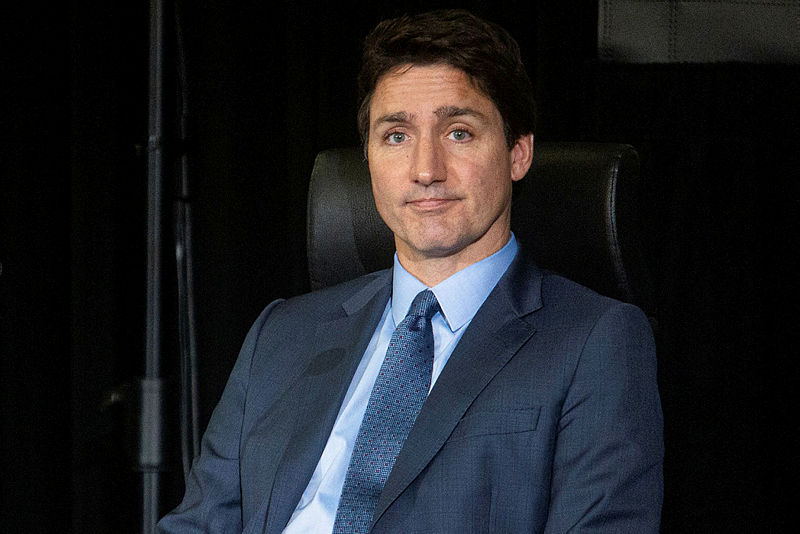
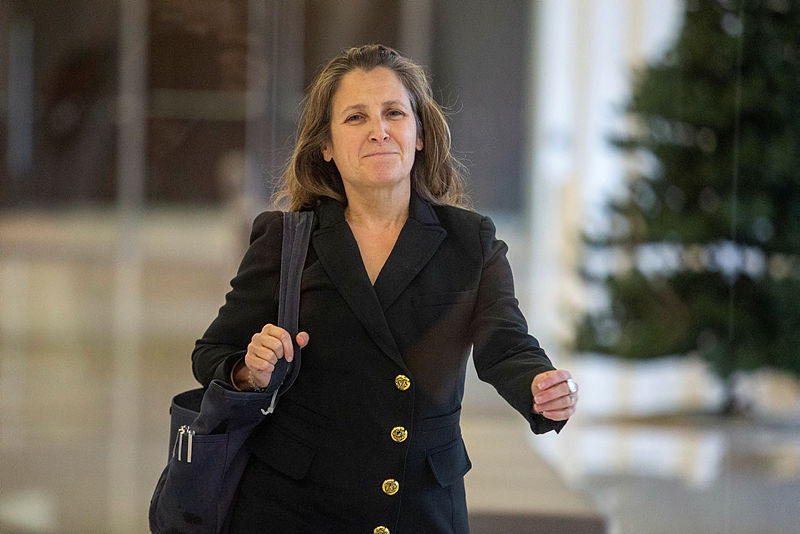
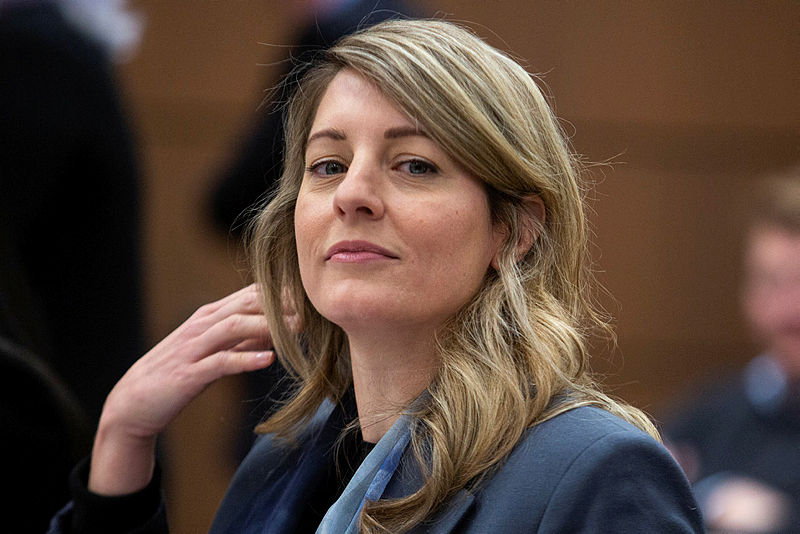
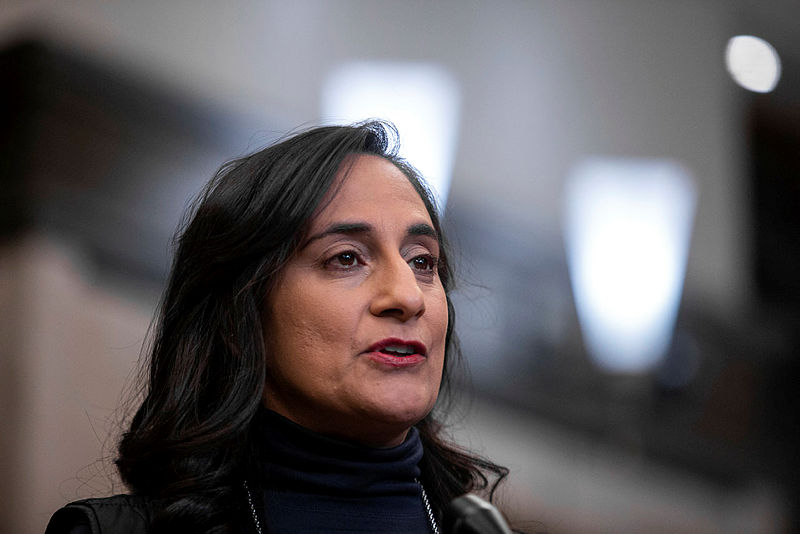
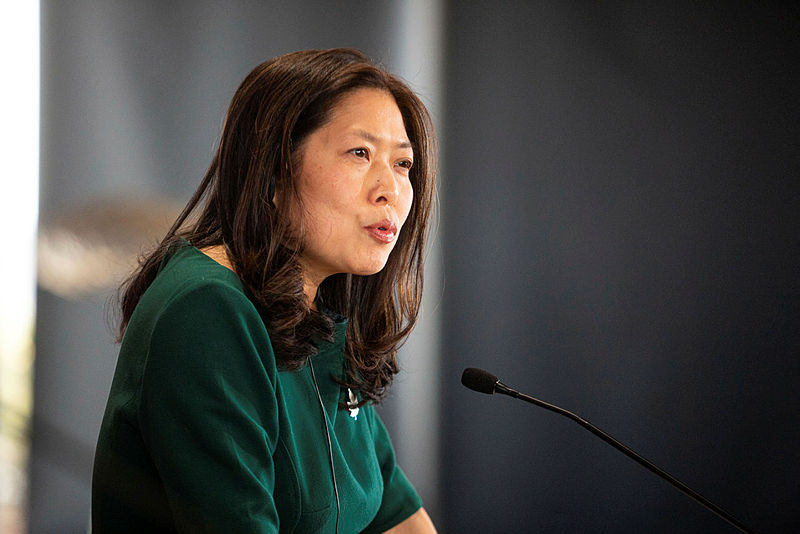
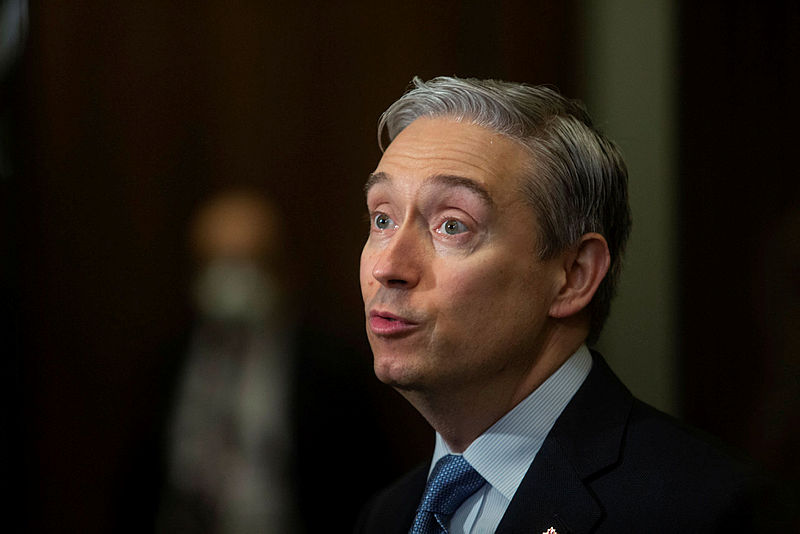
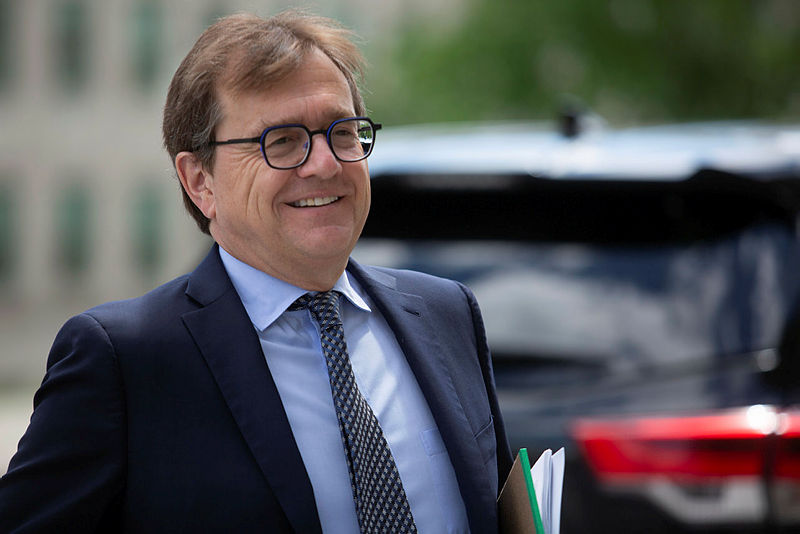
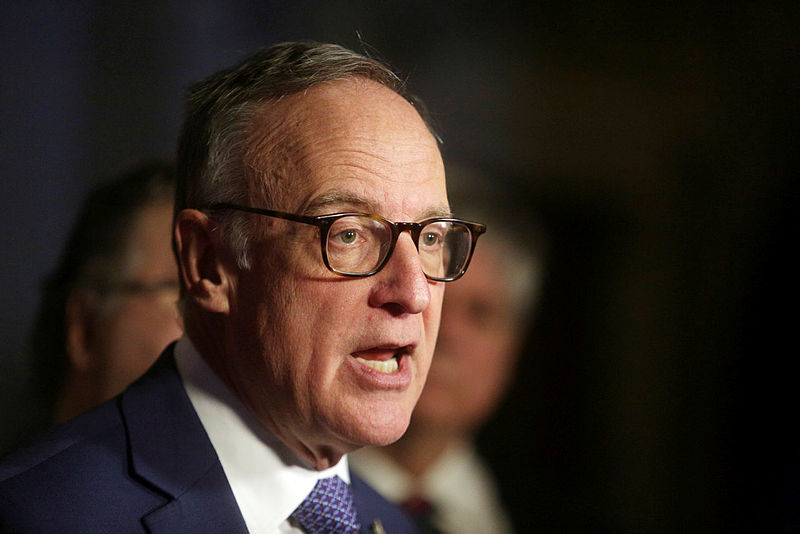
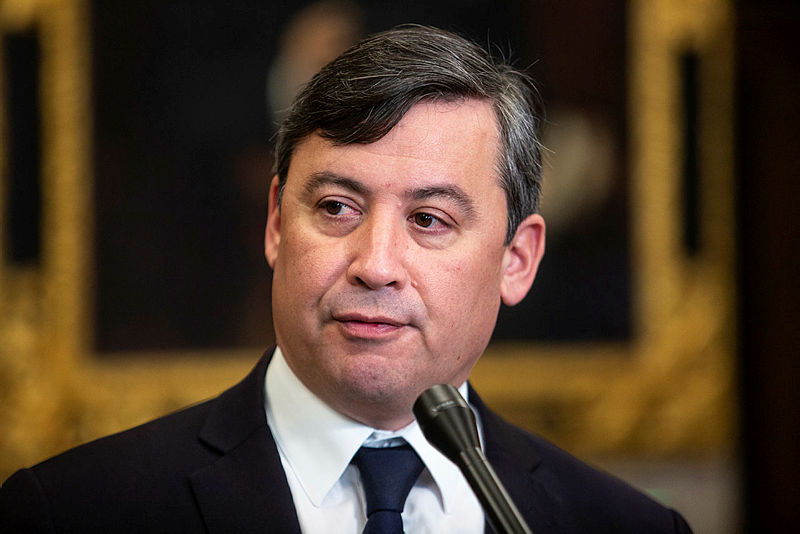
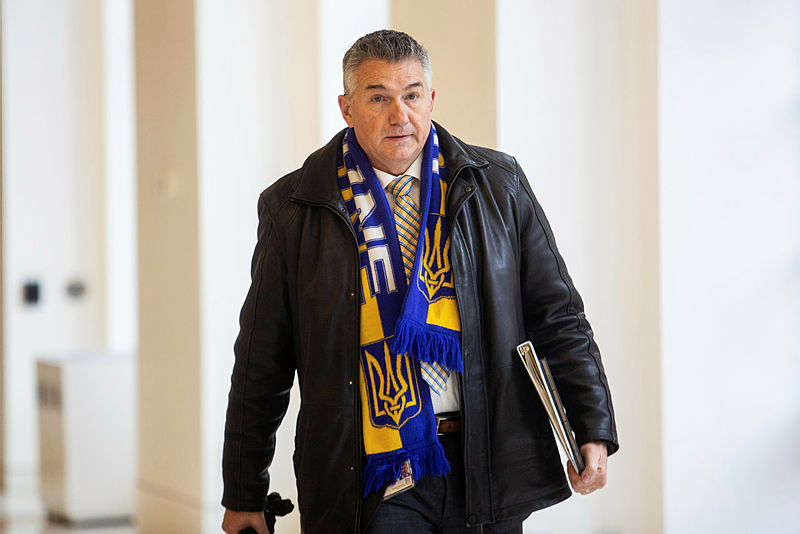


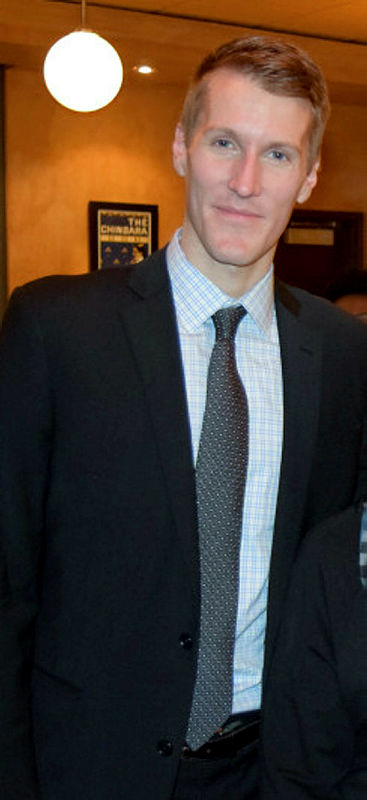
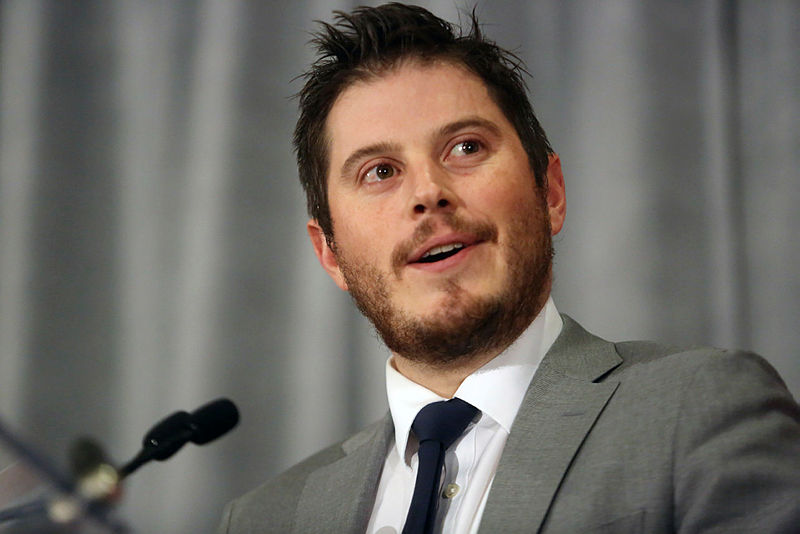
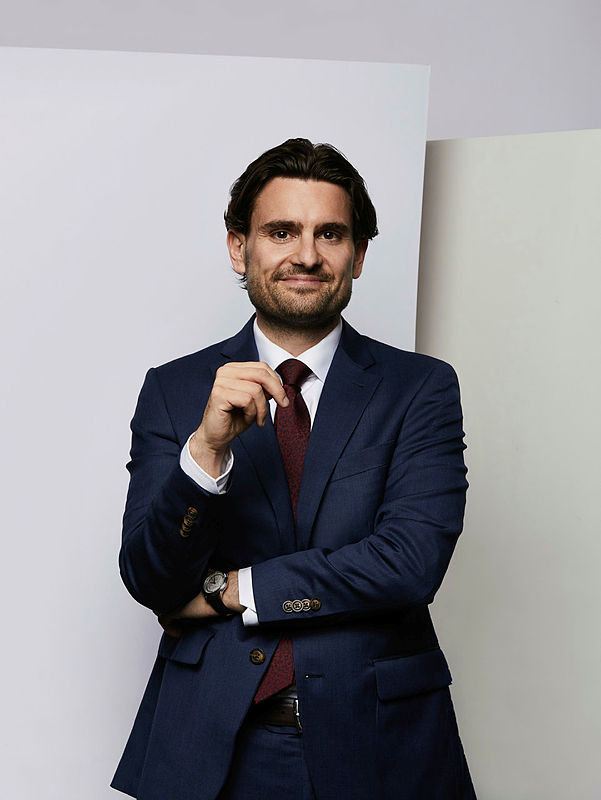

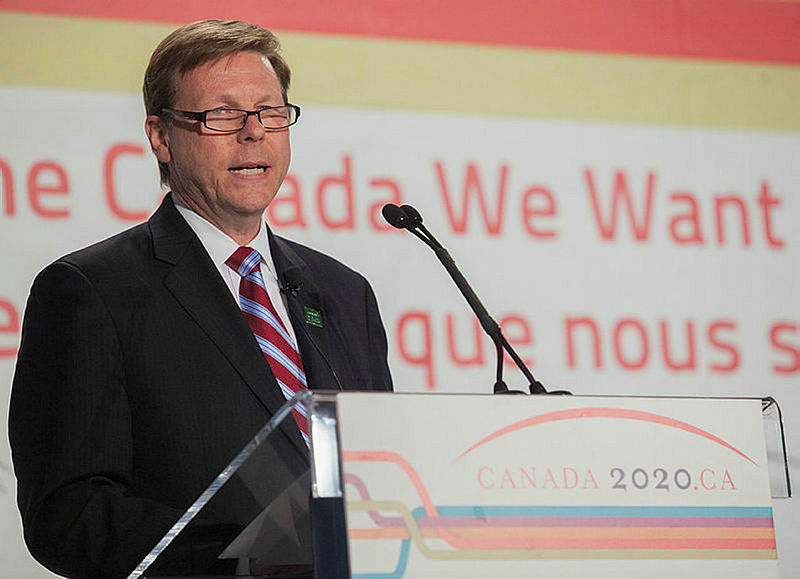
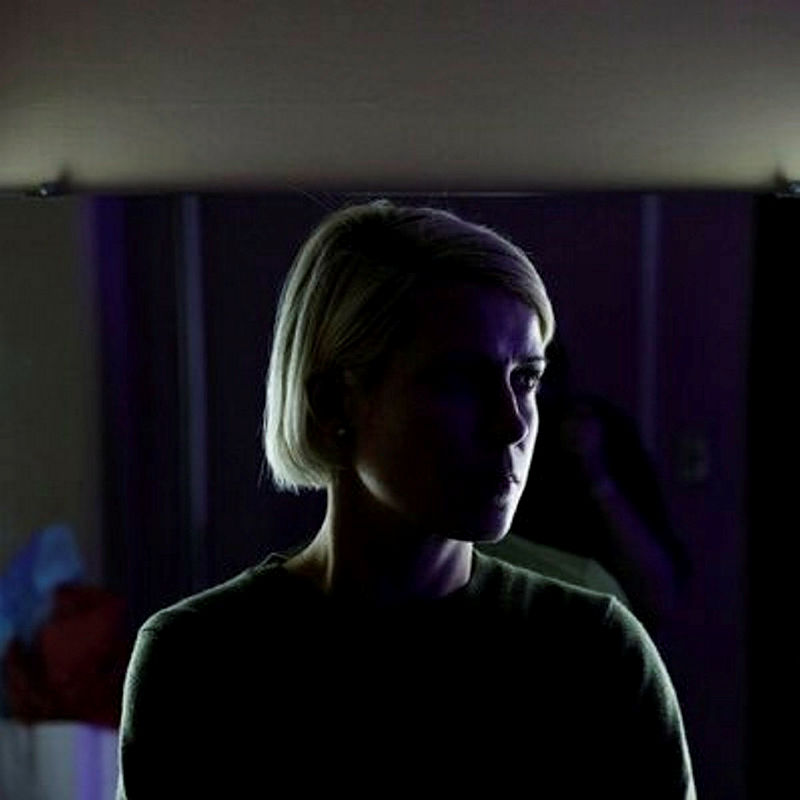

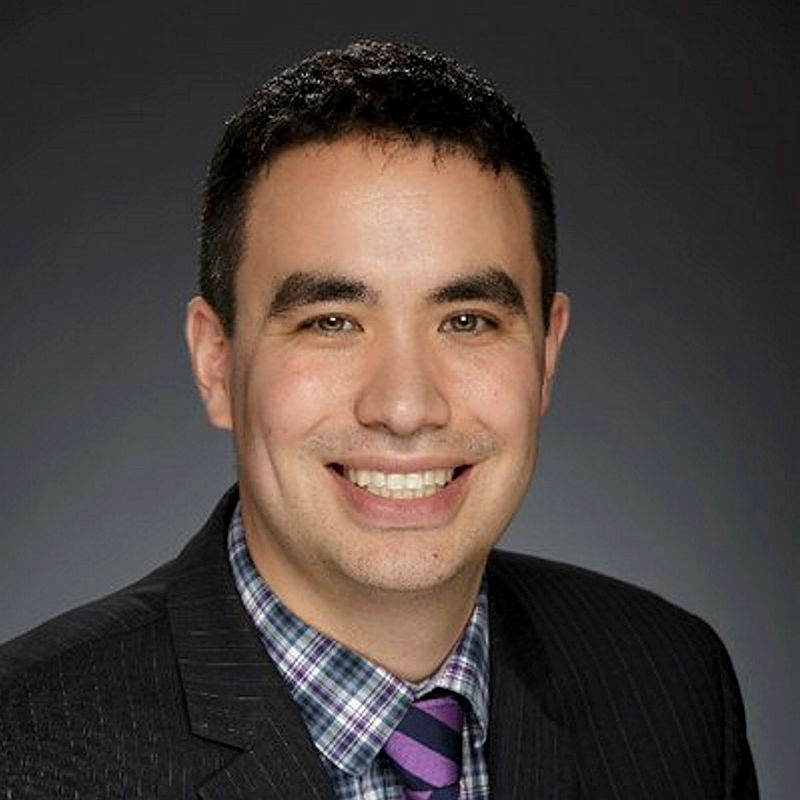

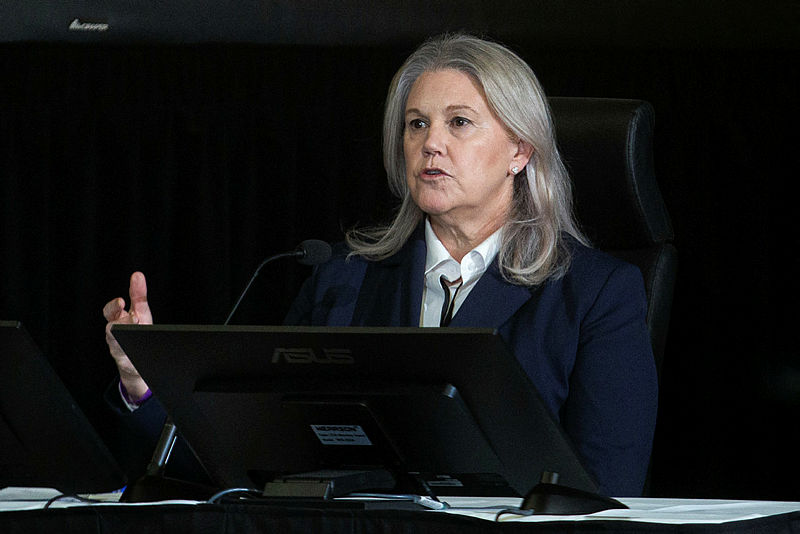

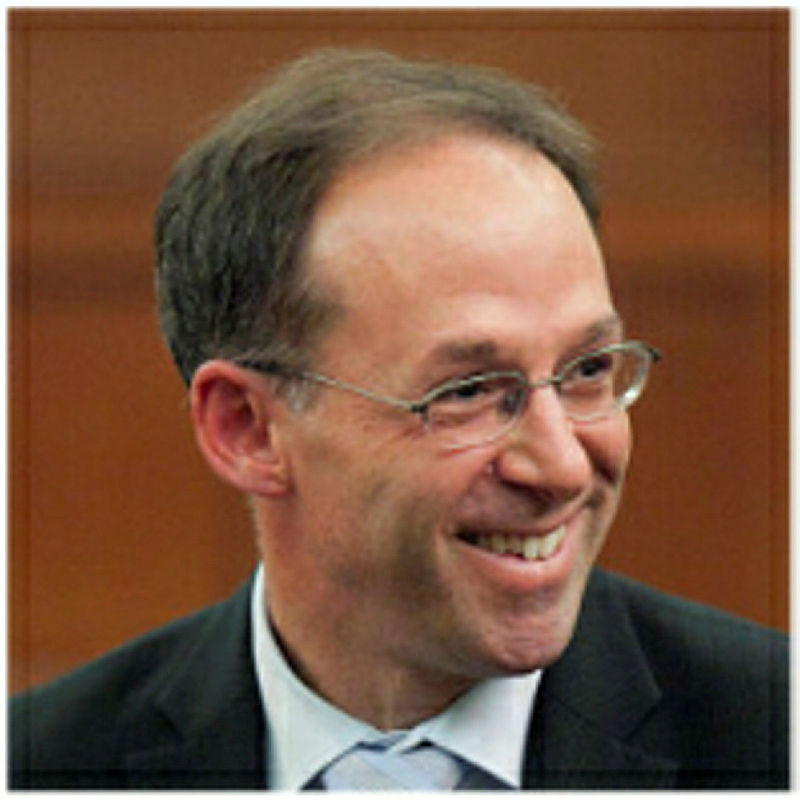
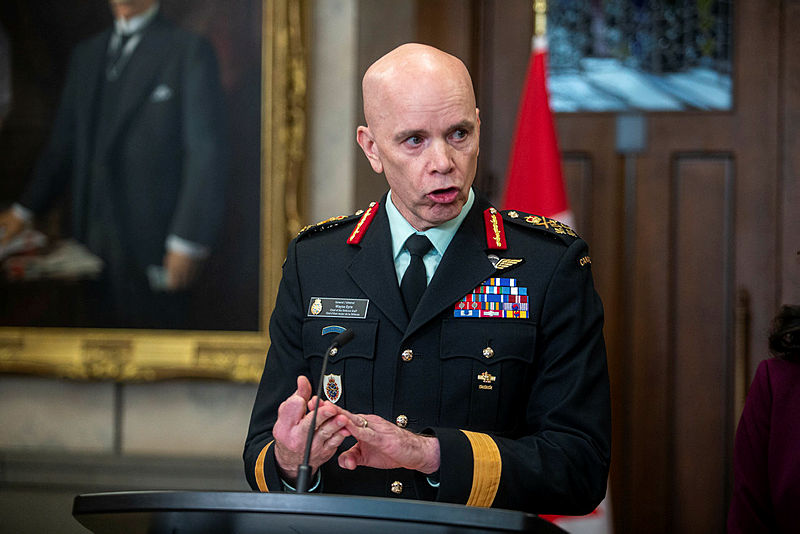

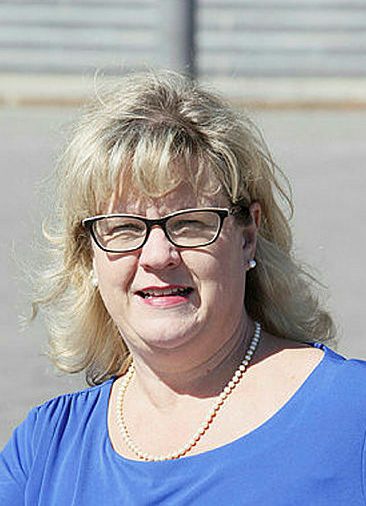
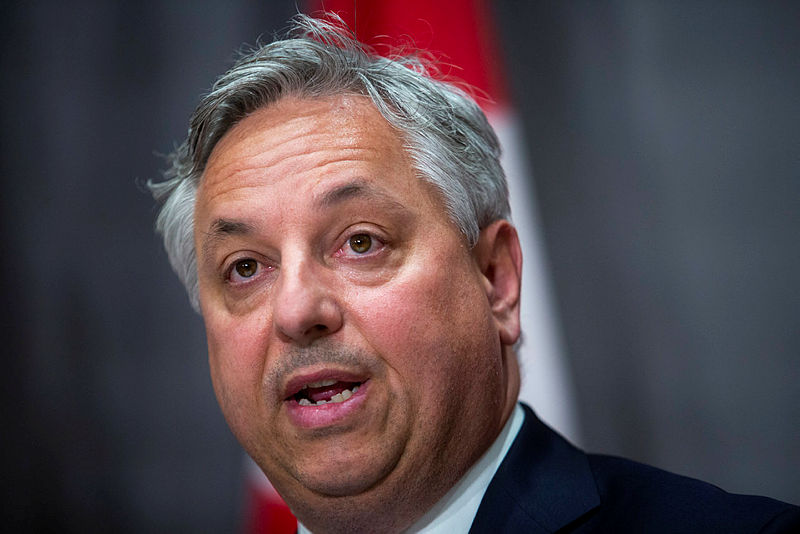
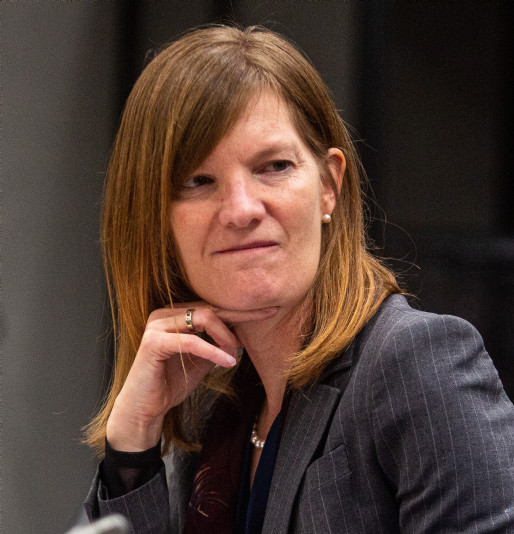
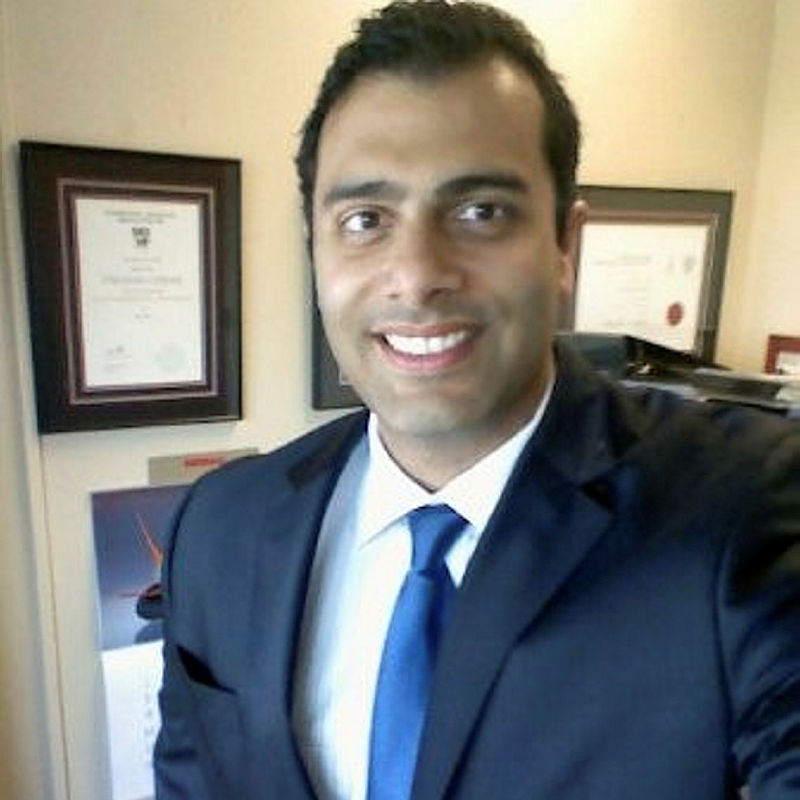
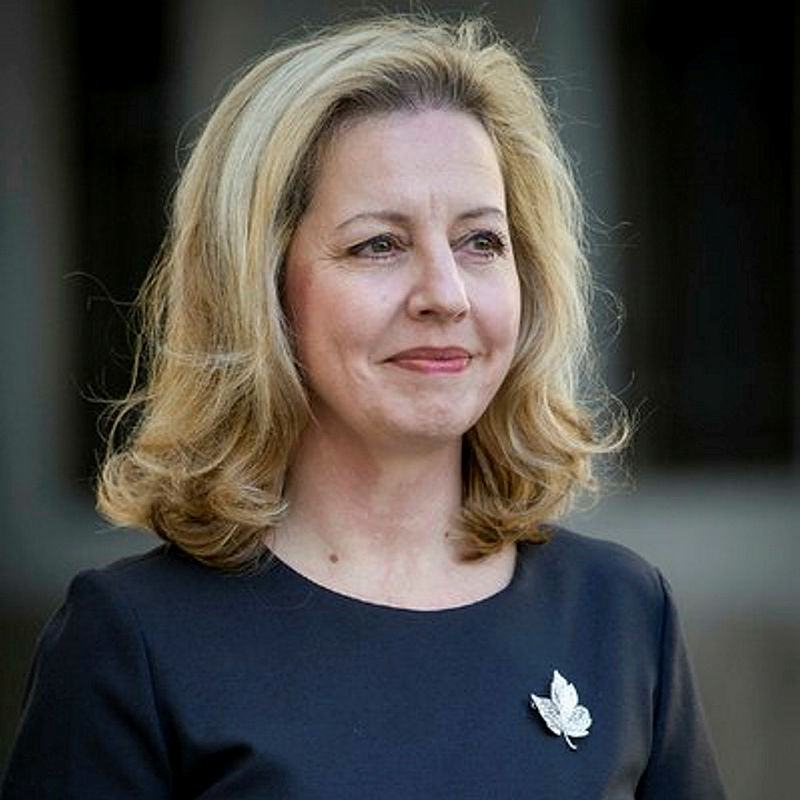
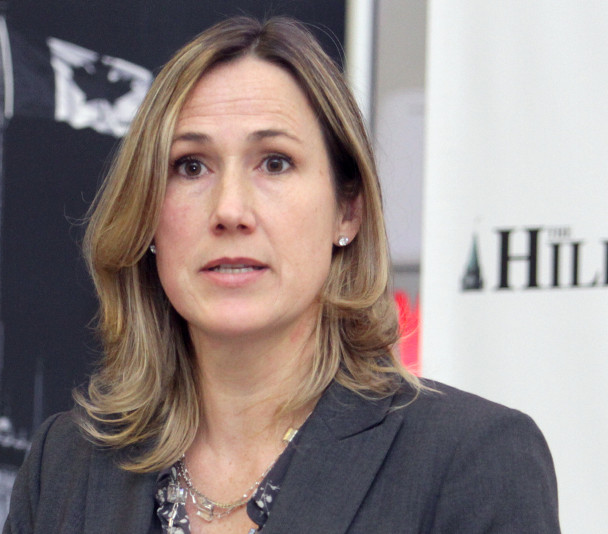
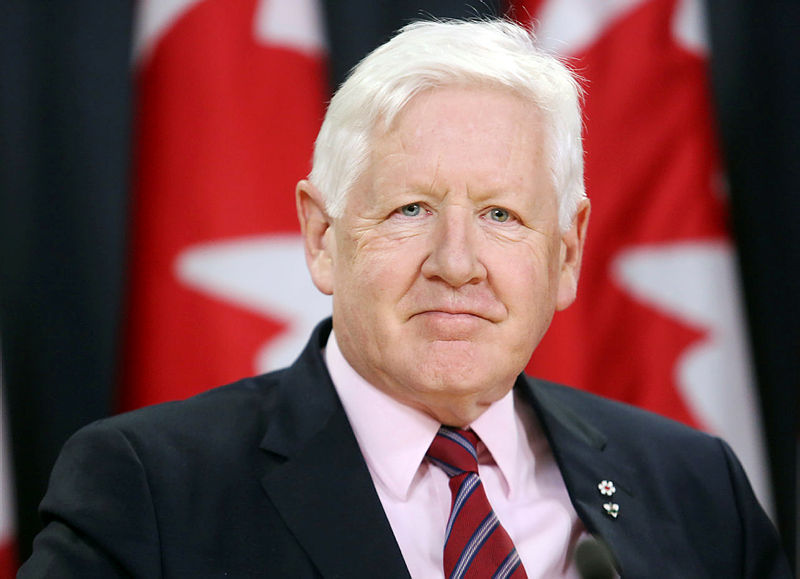
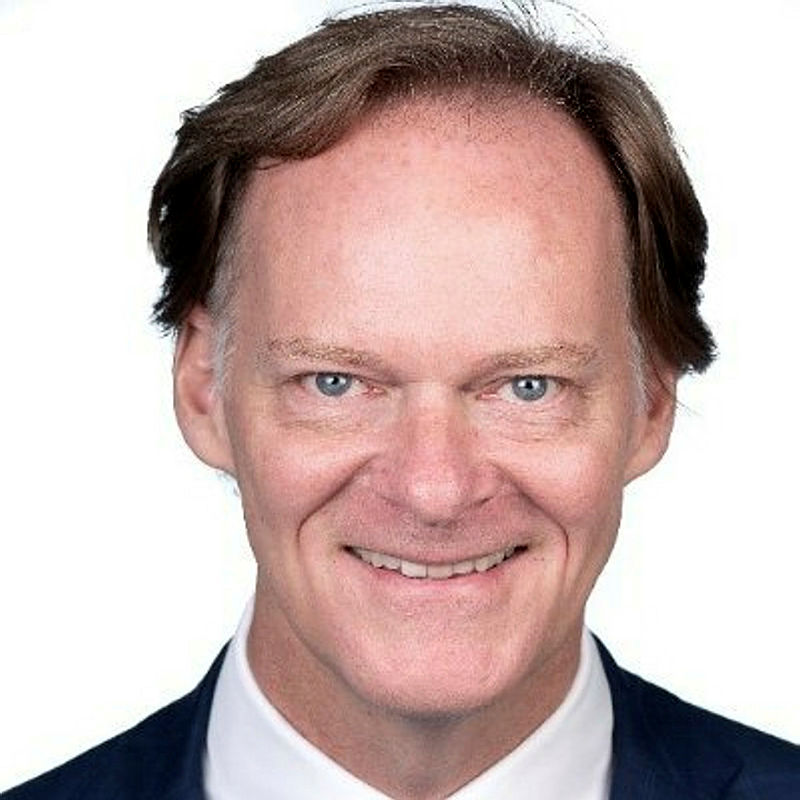
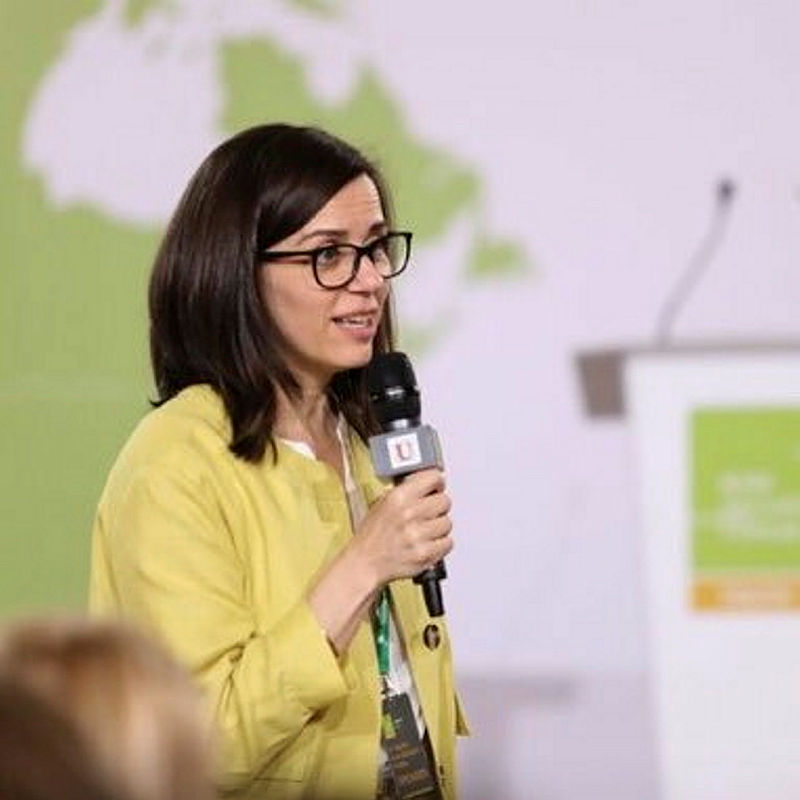
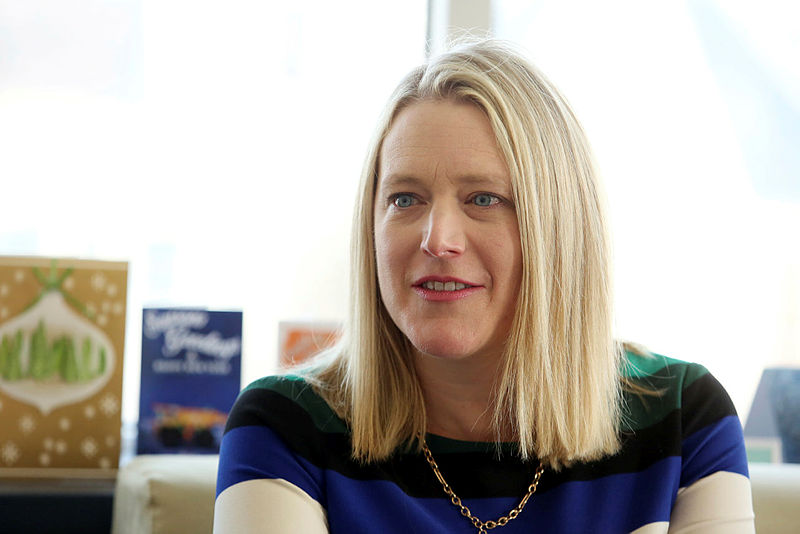
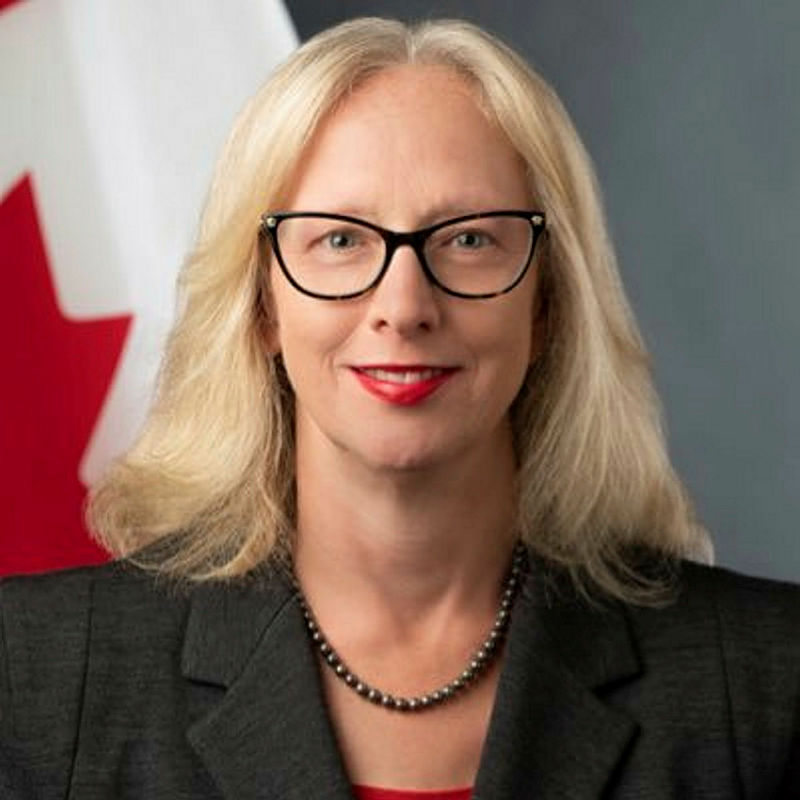
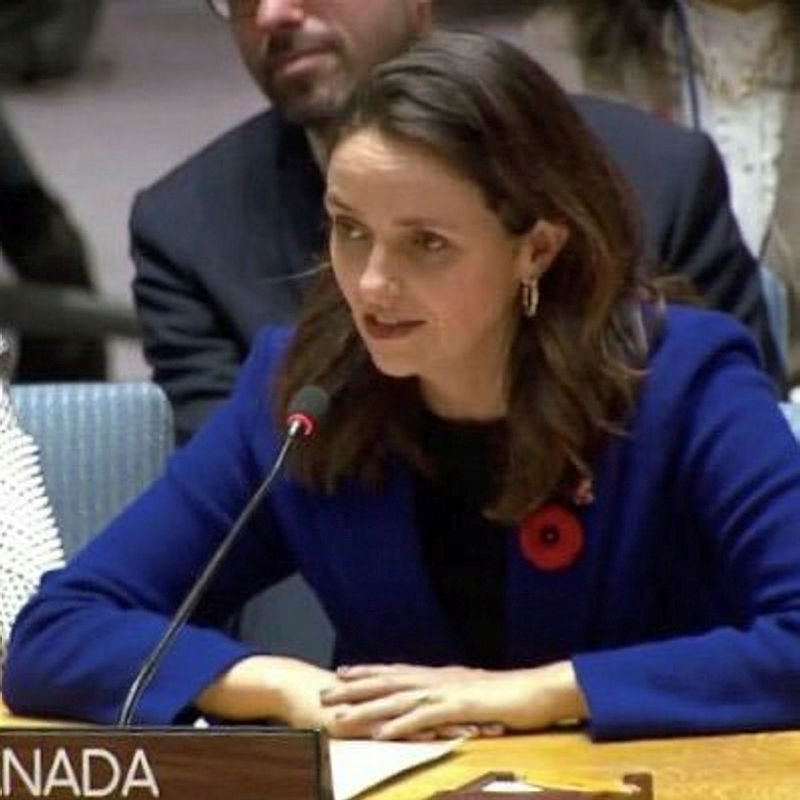
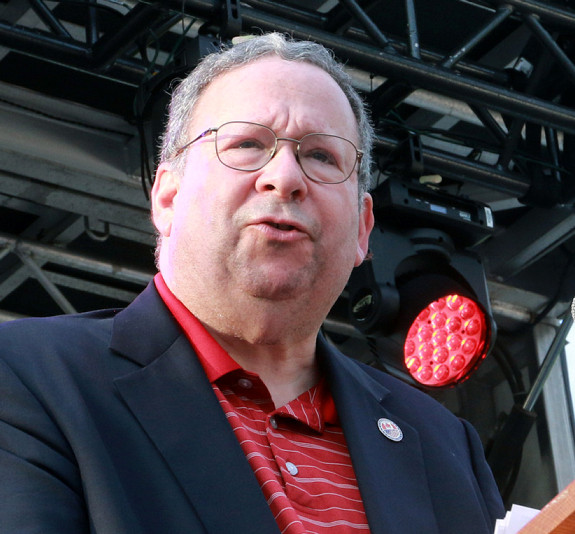
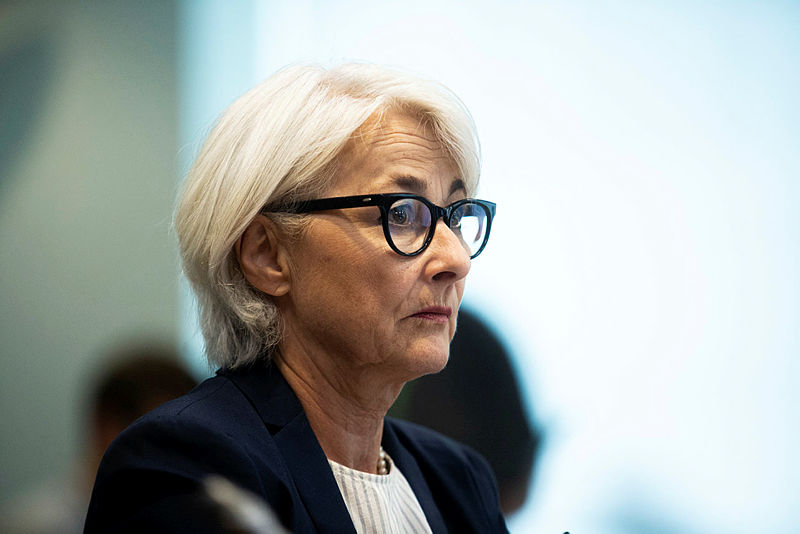
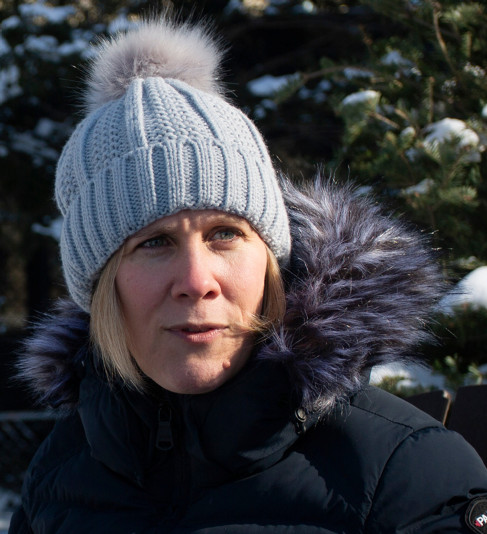
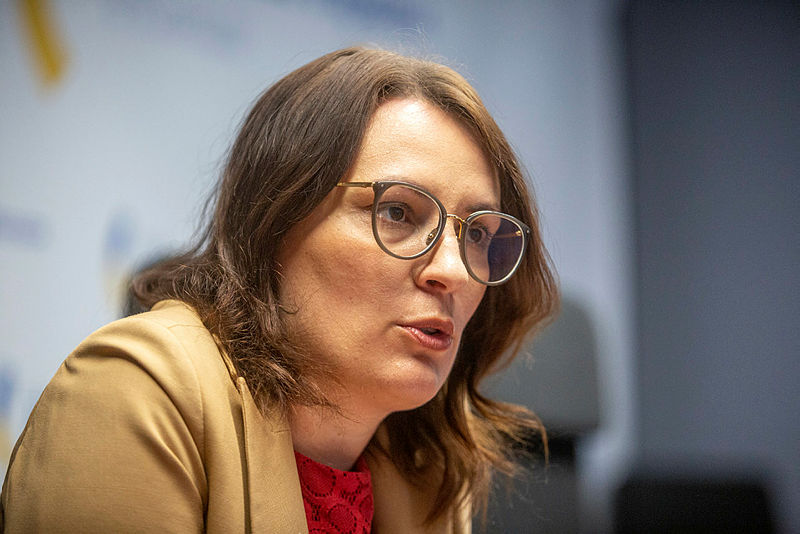
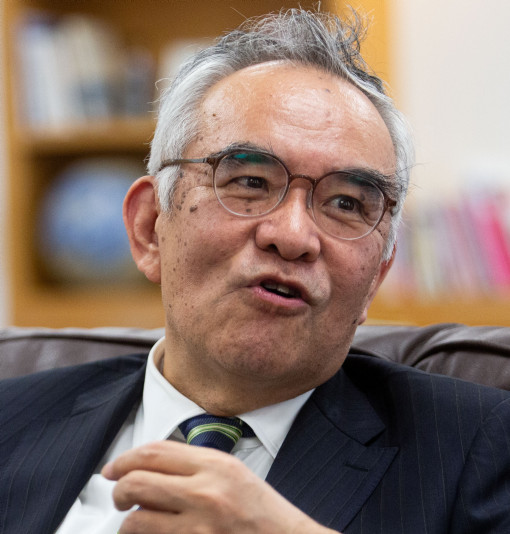
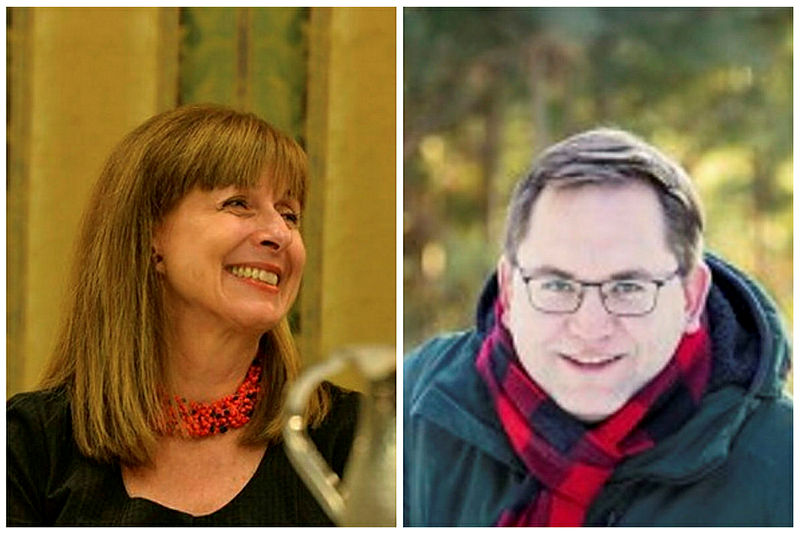
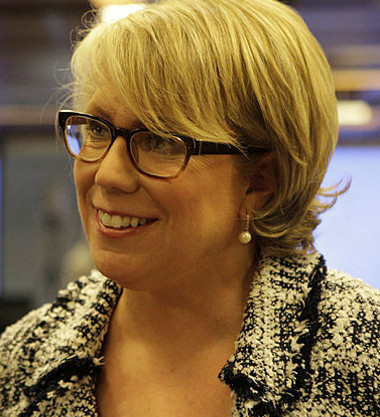
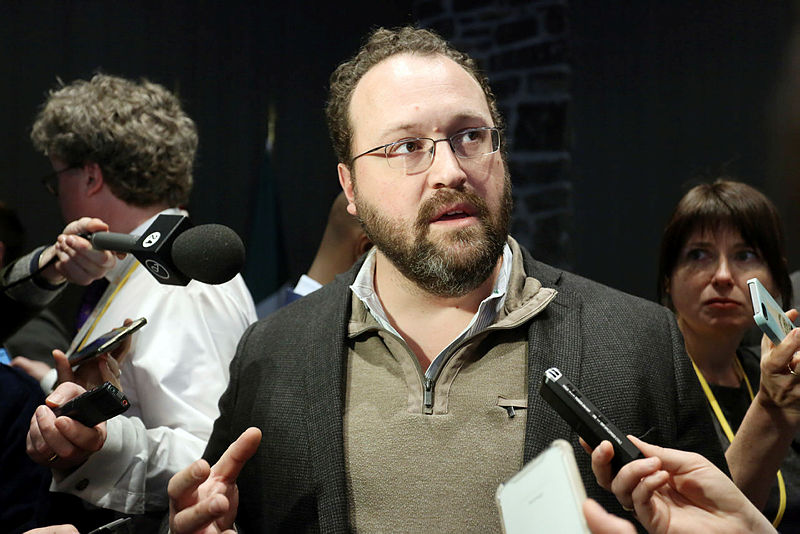
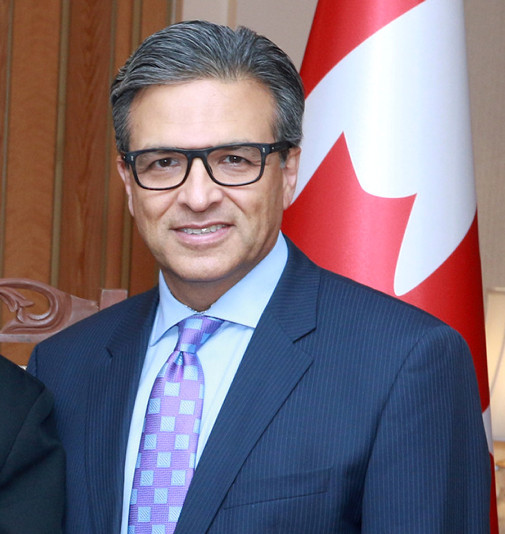
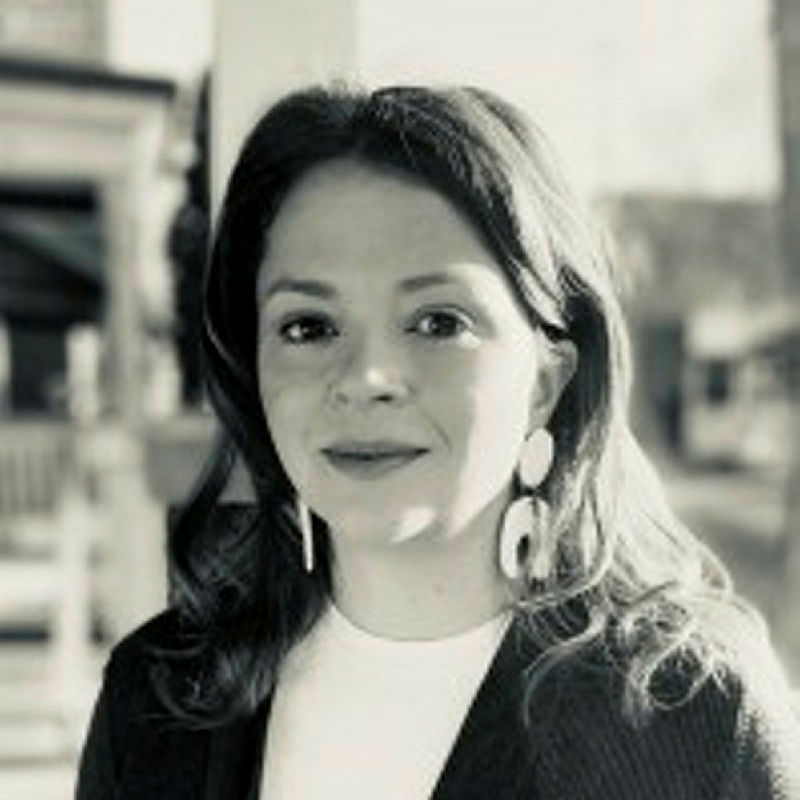
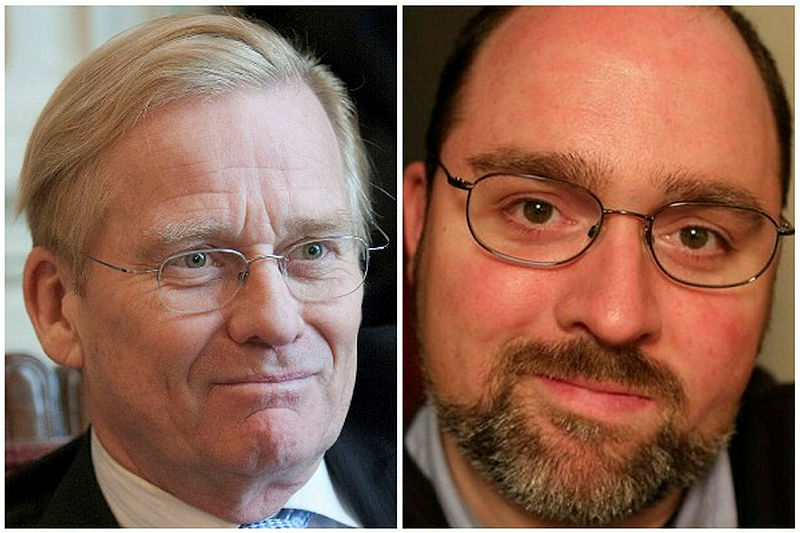





 LICENSING
LICENSING PODCAST
PODCAST ALERTS
ALERTS